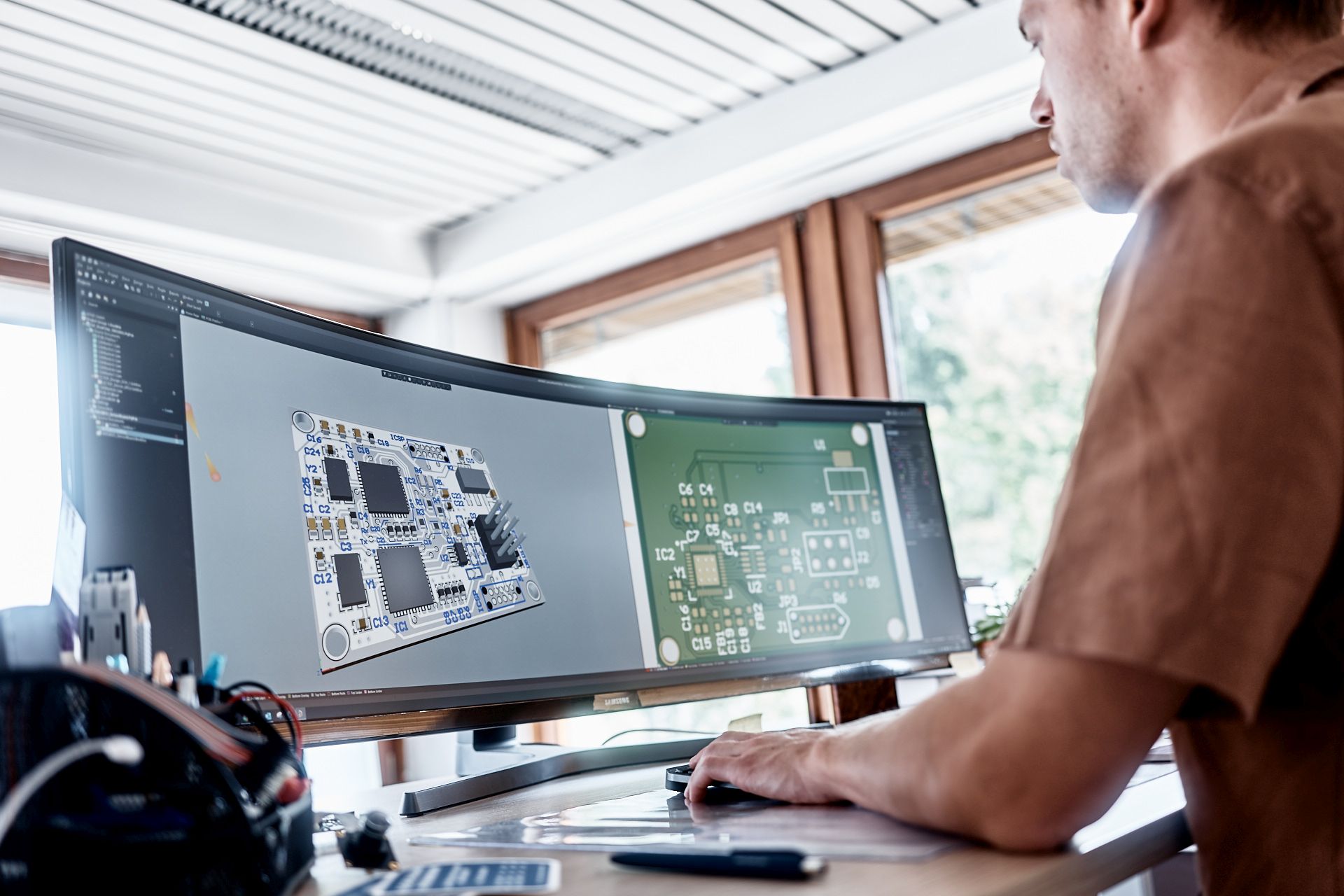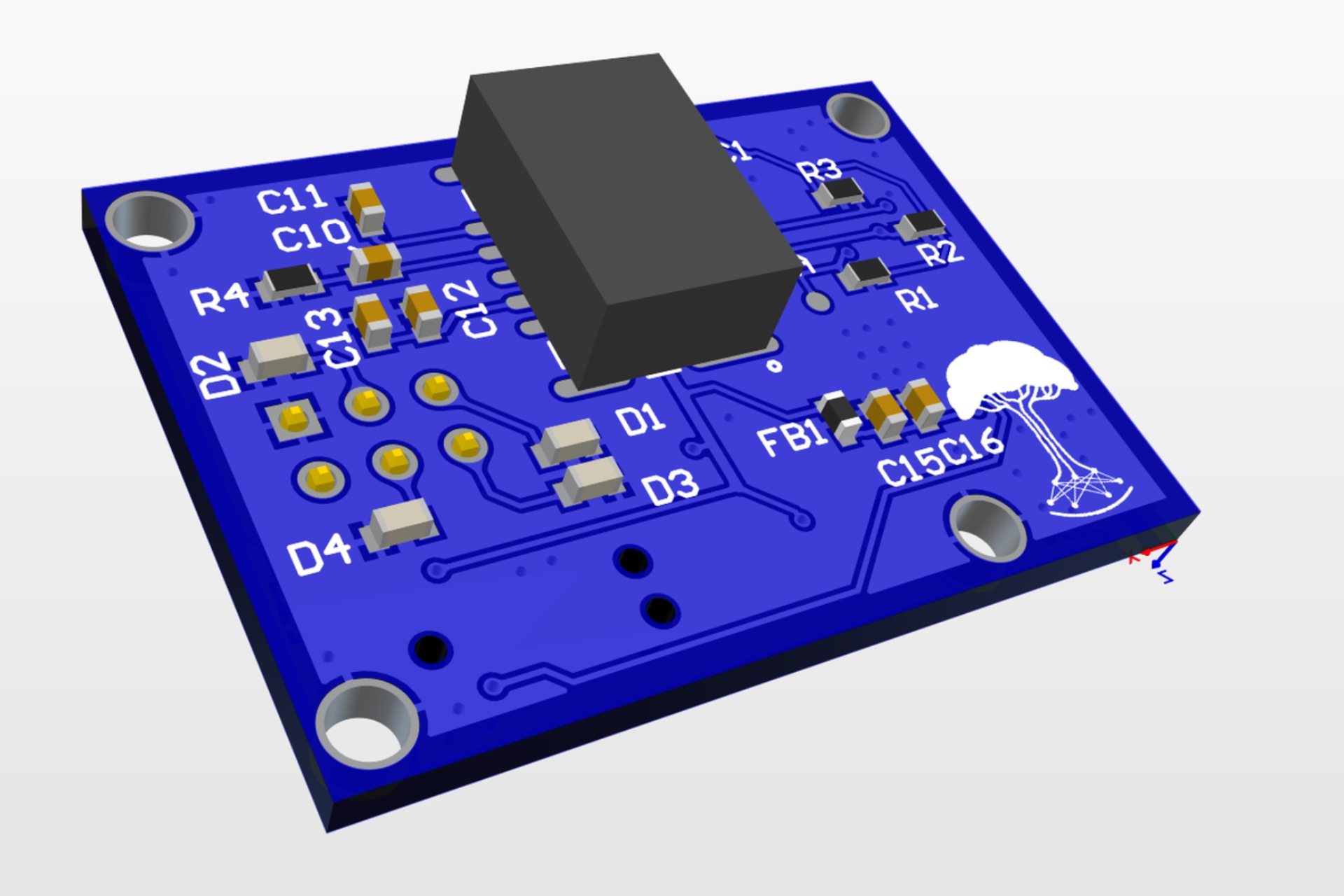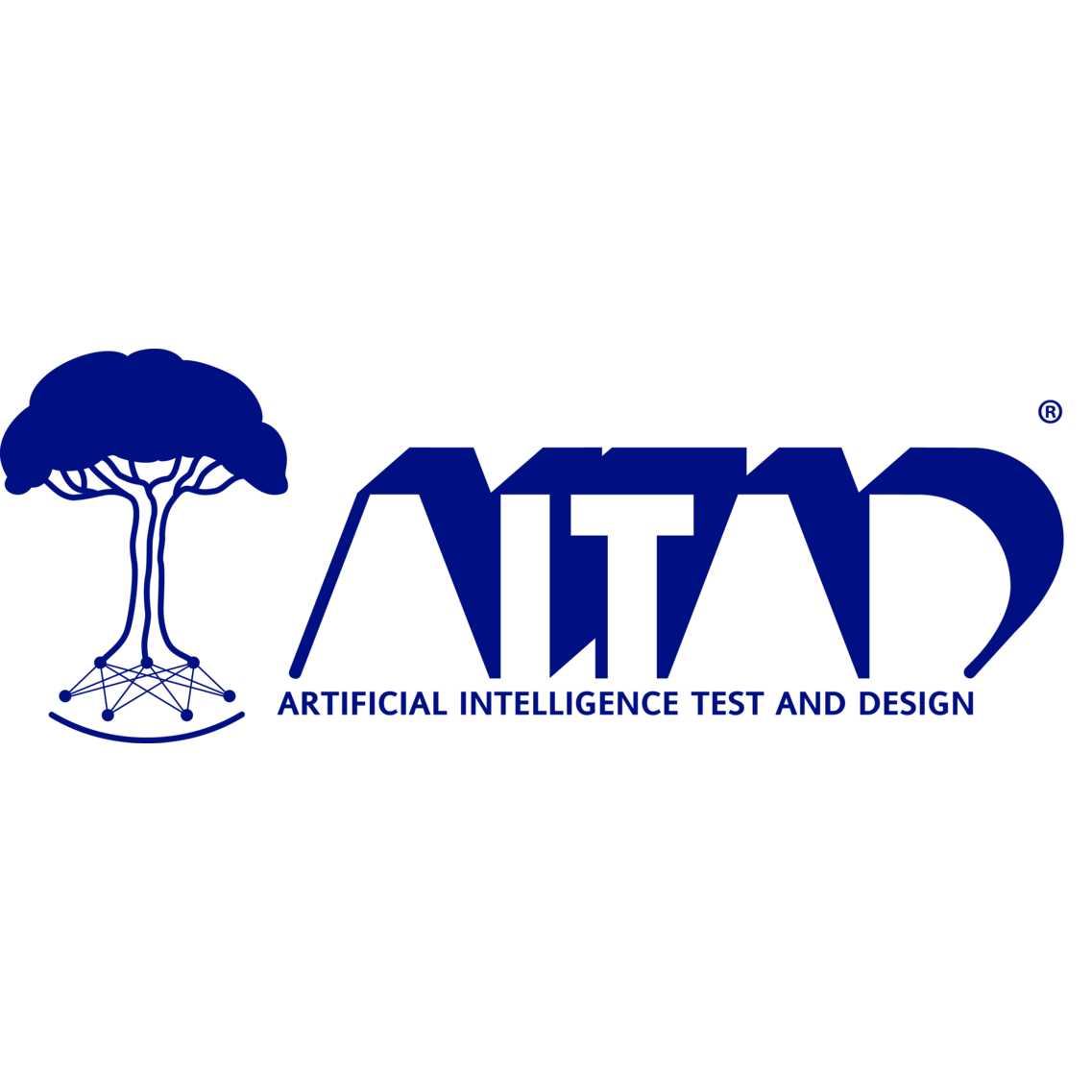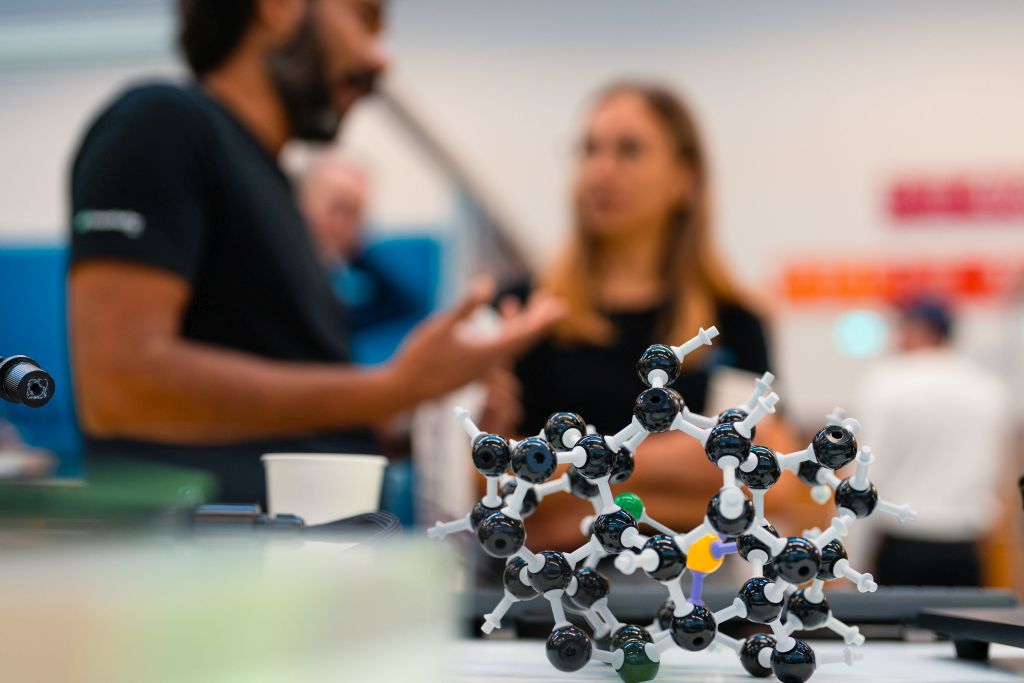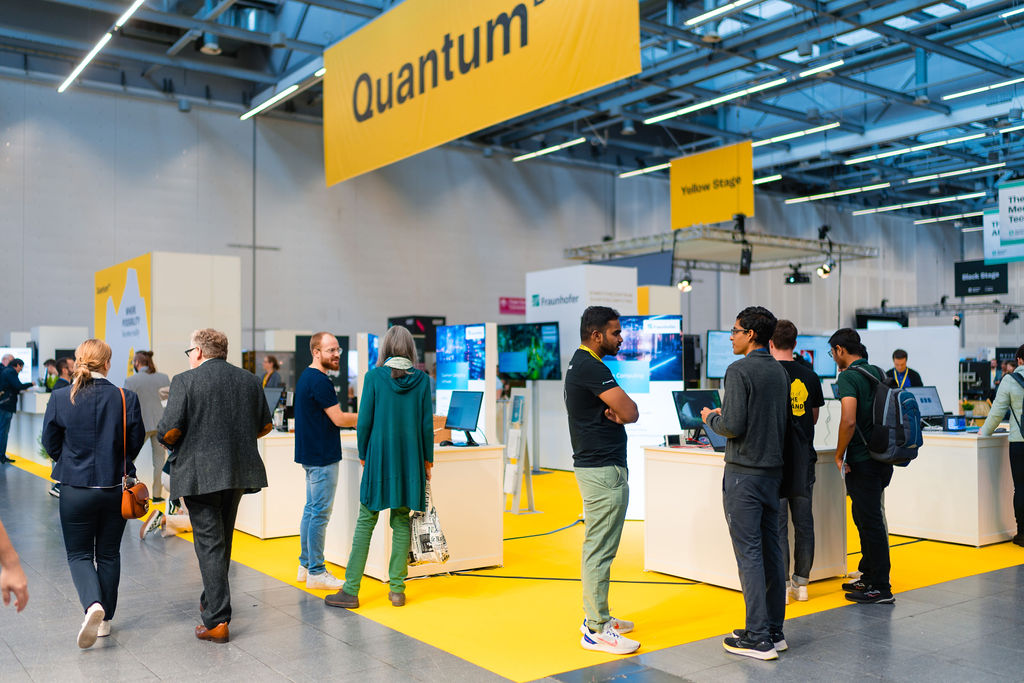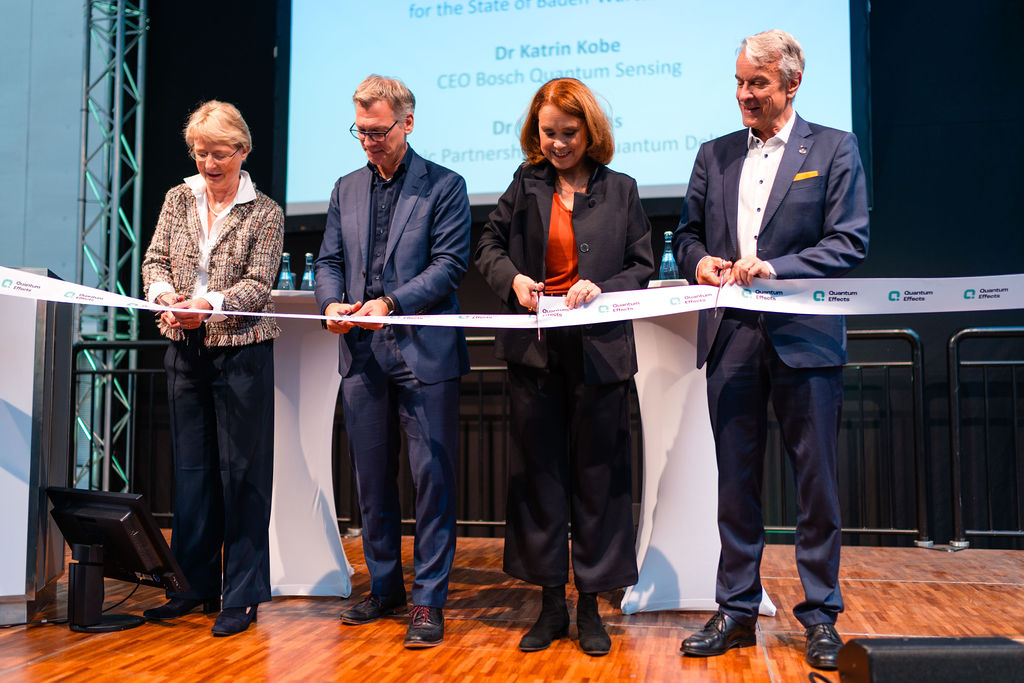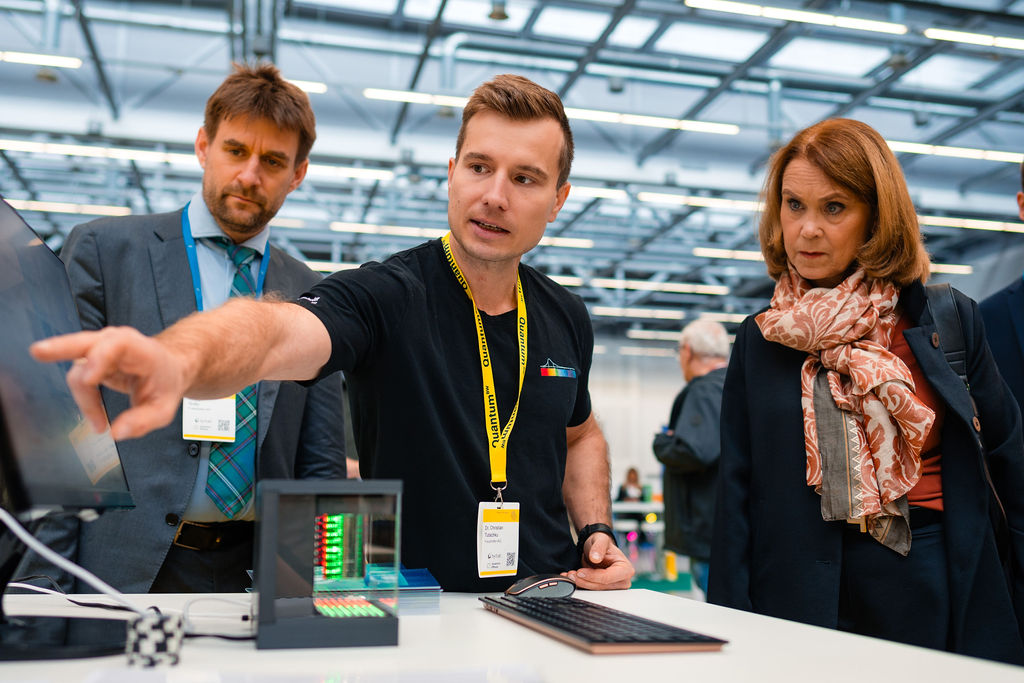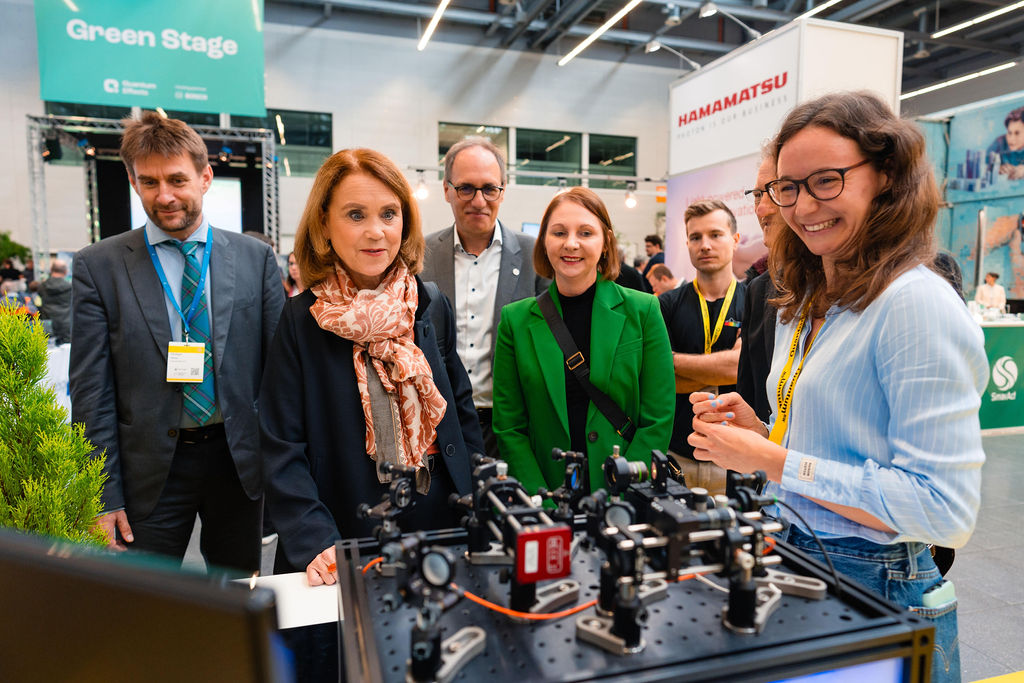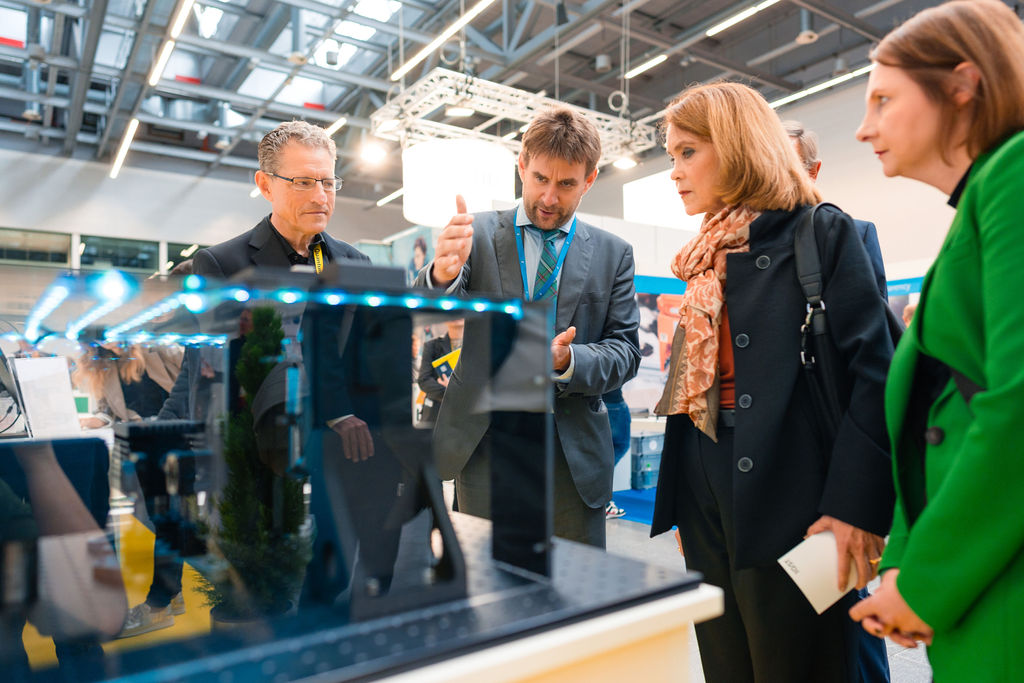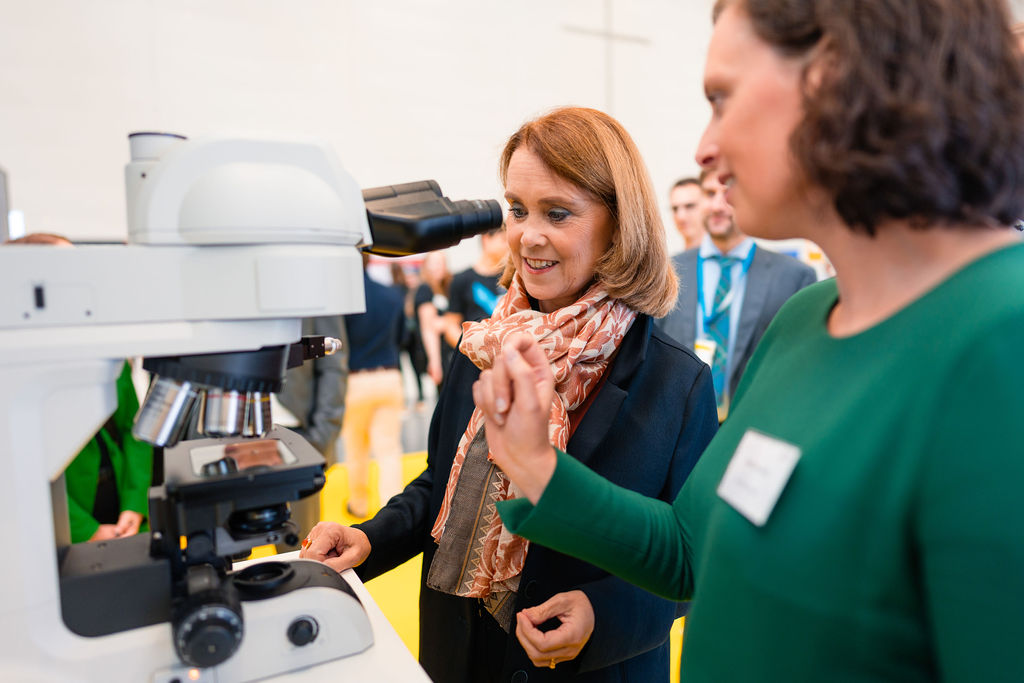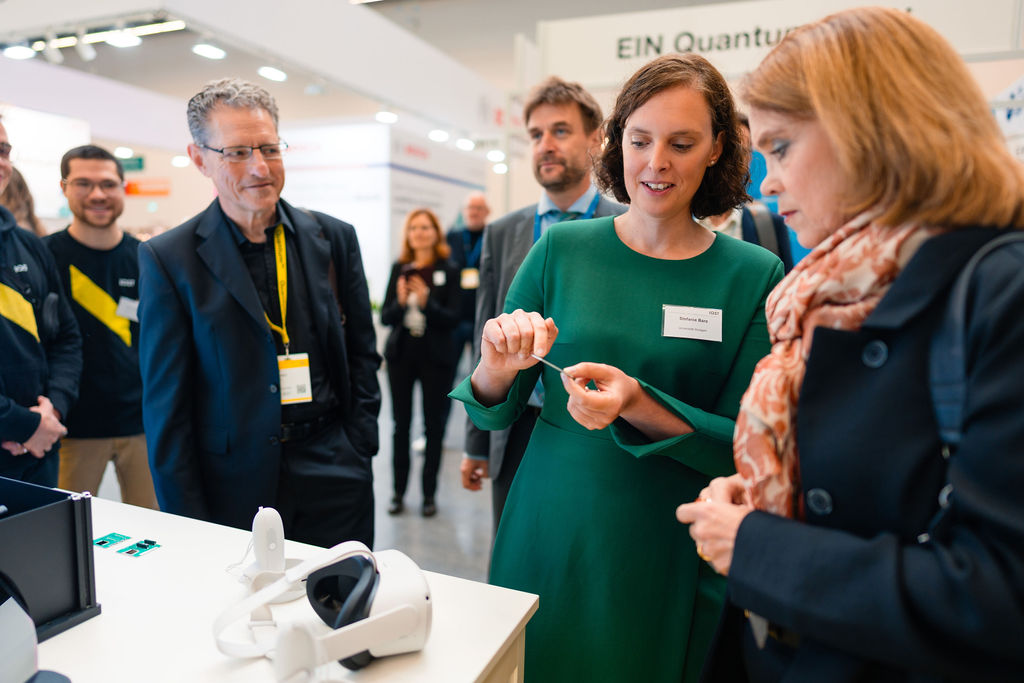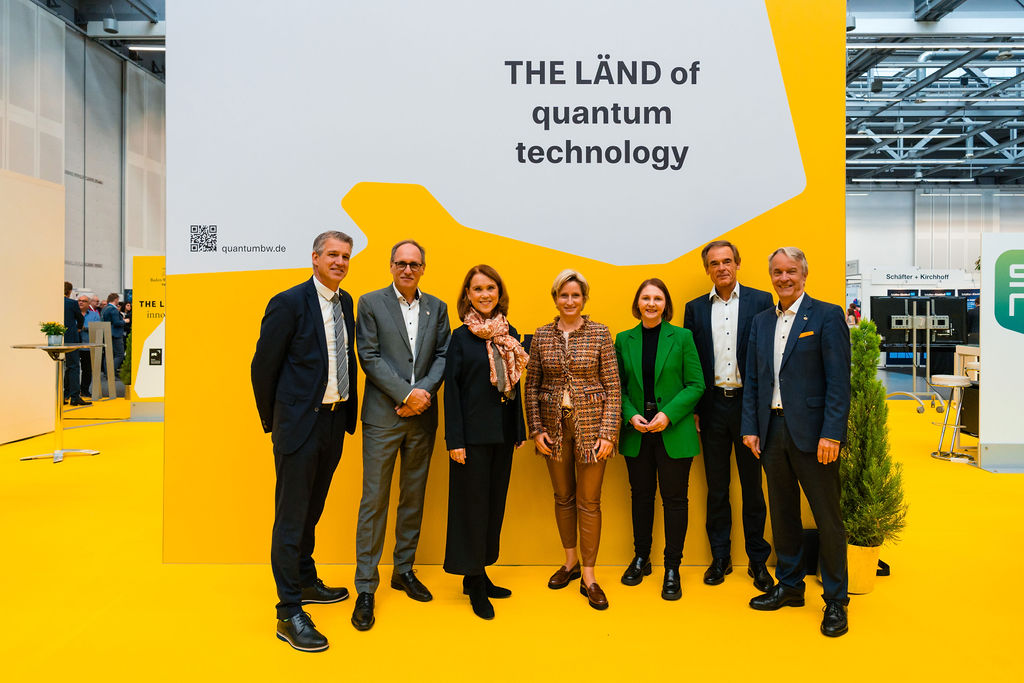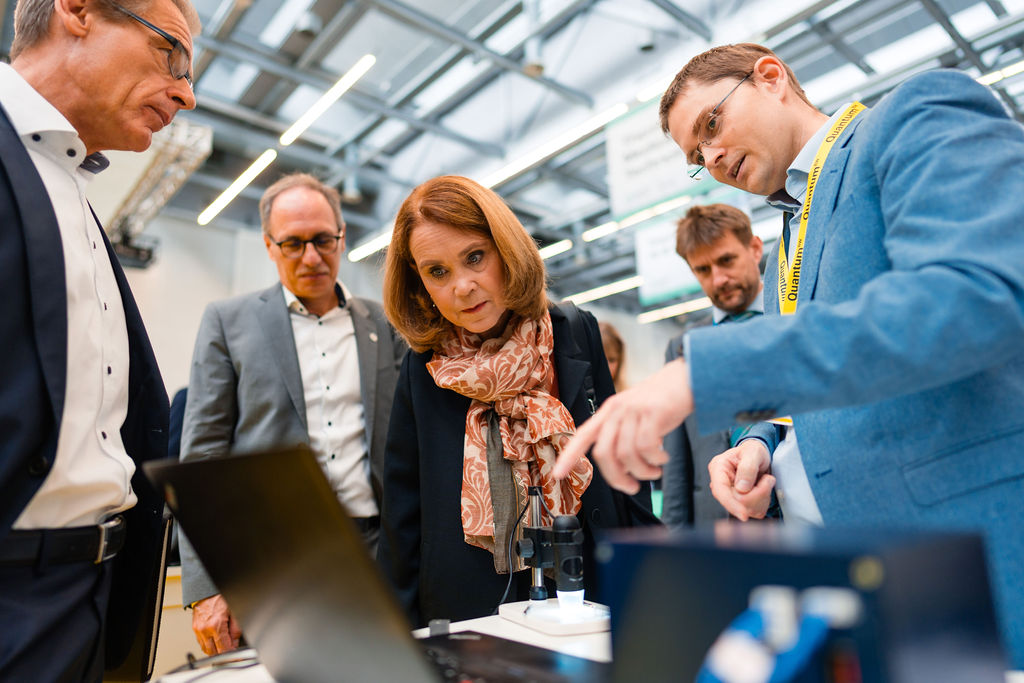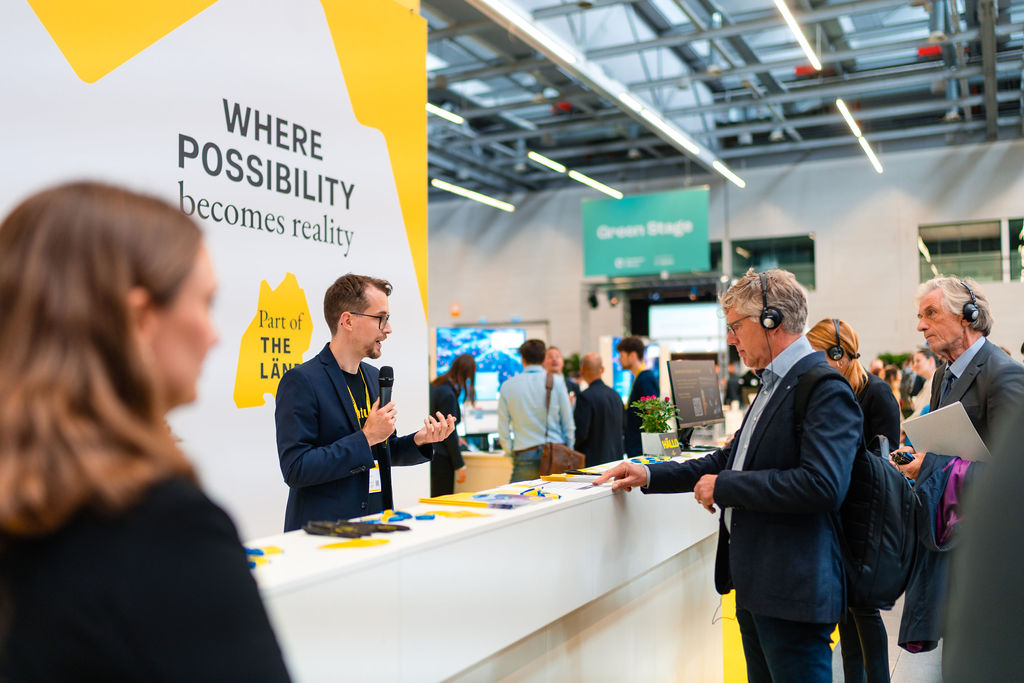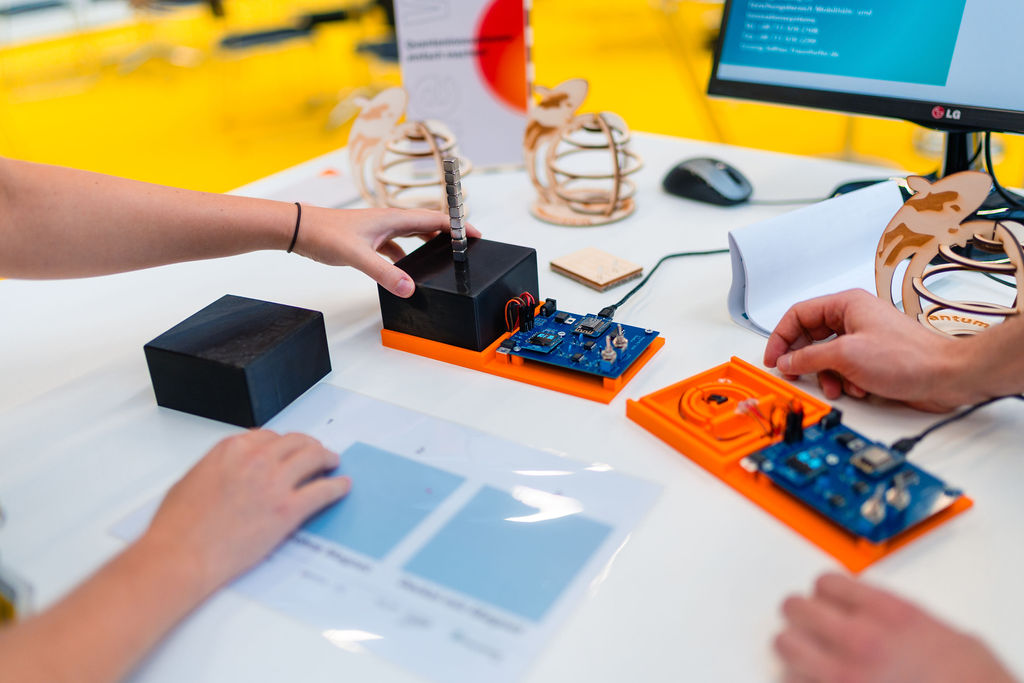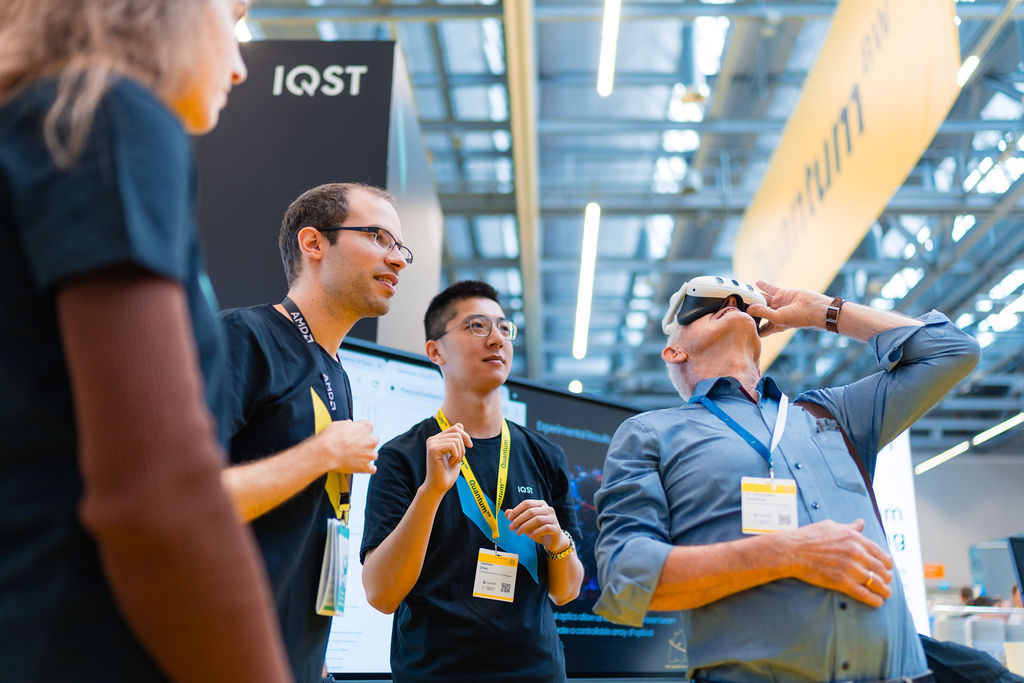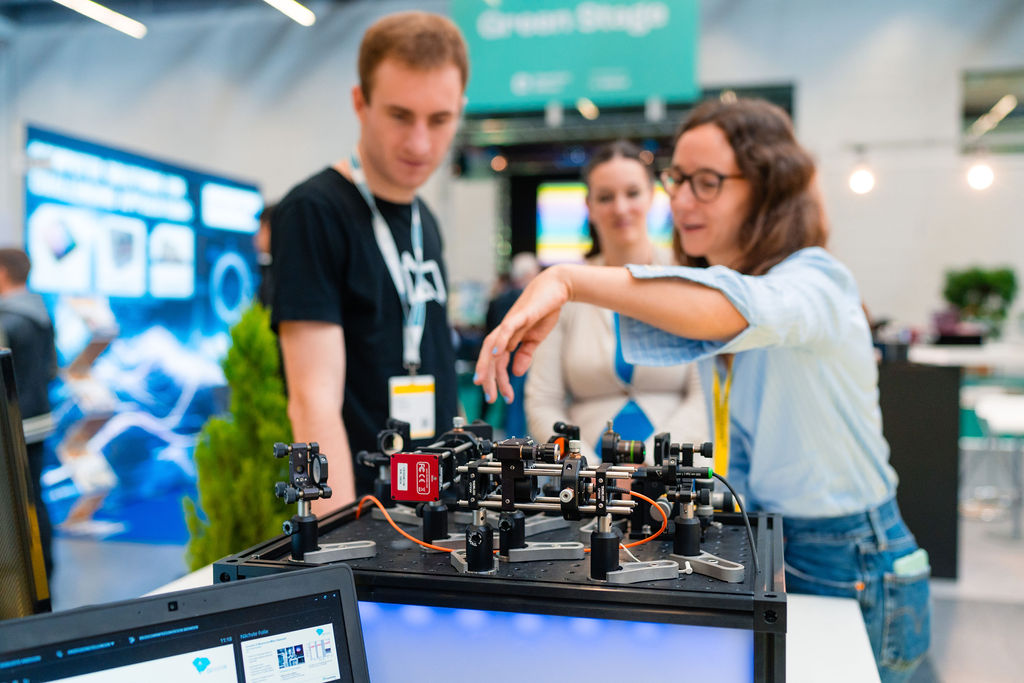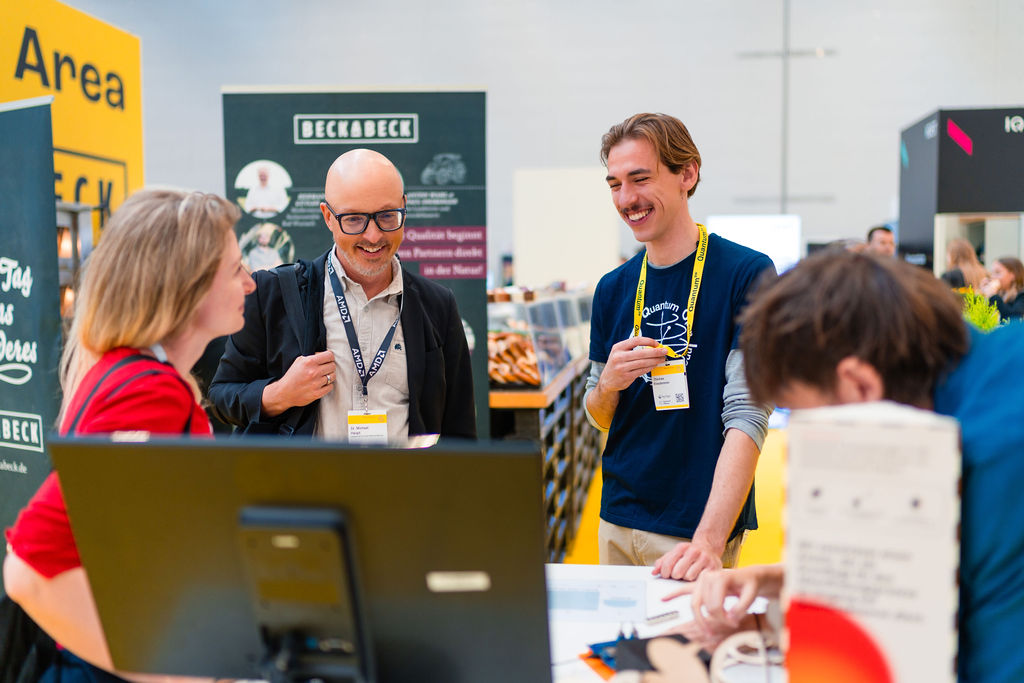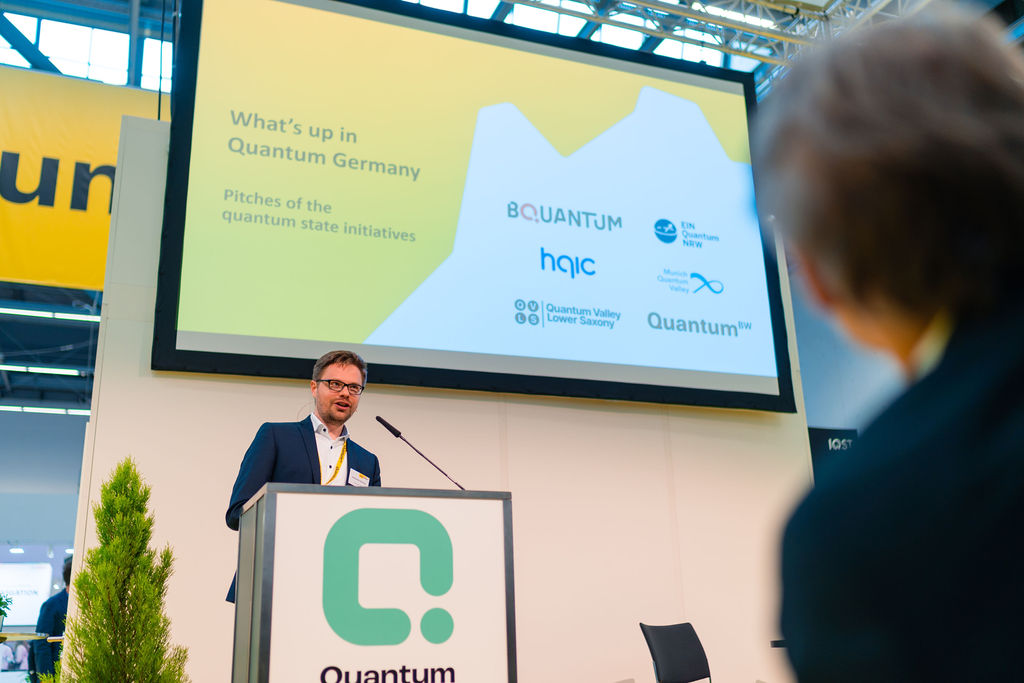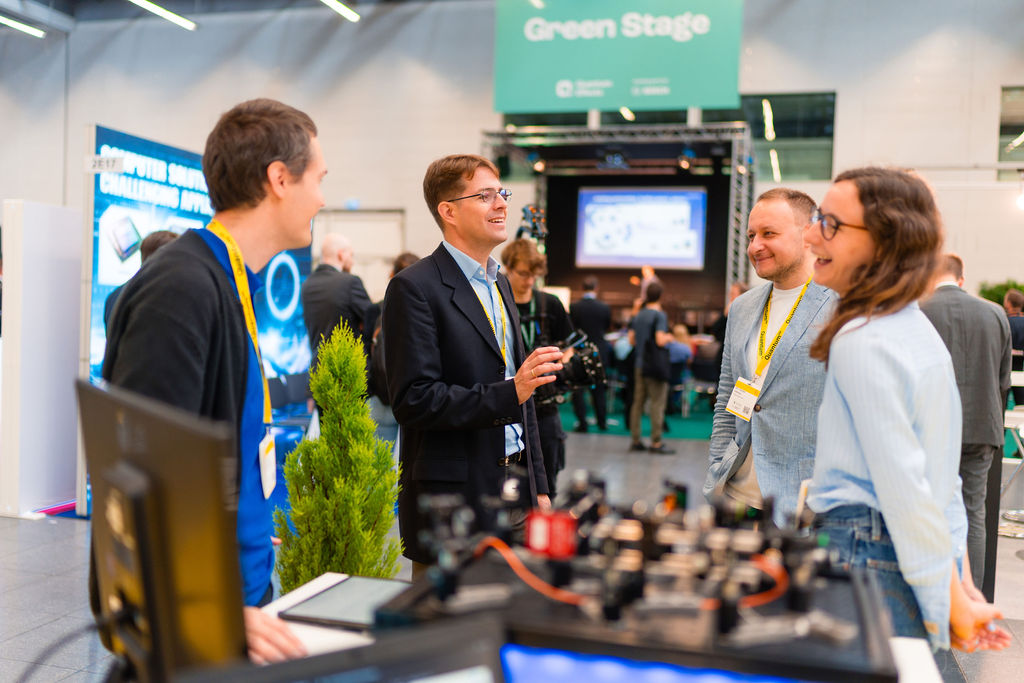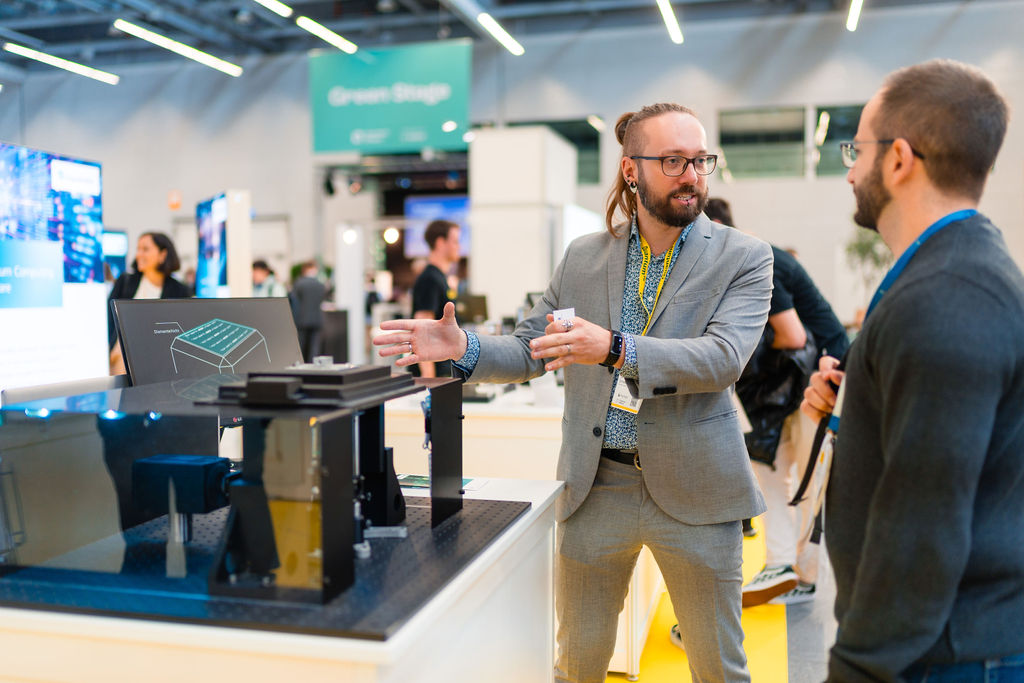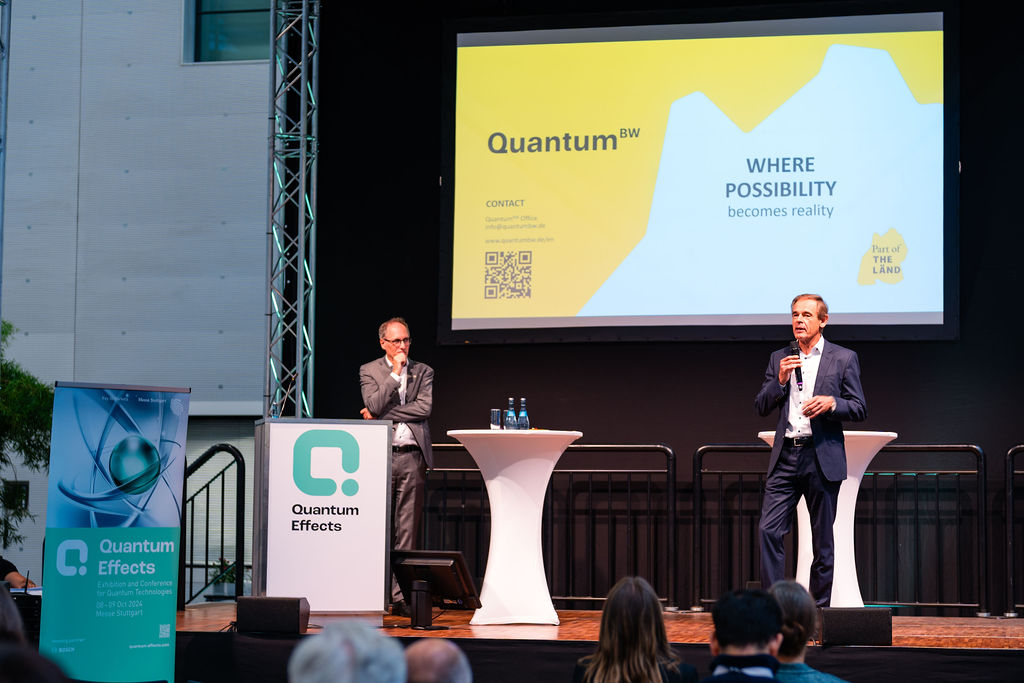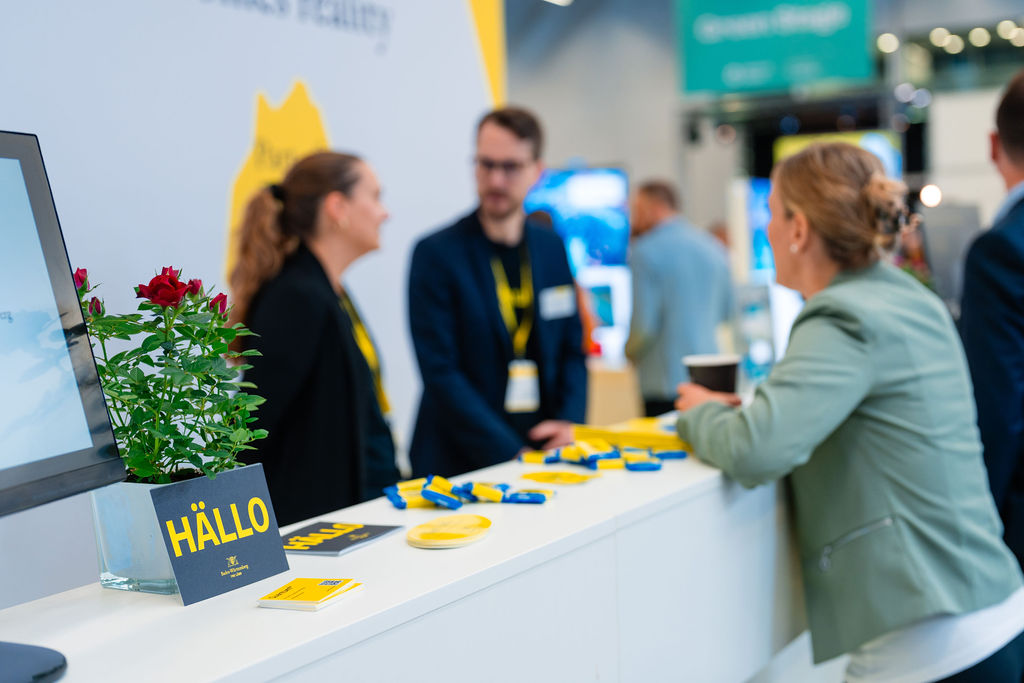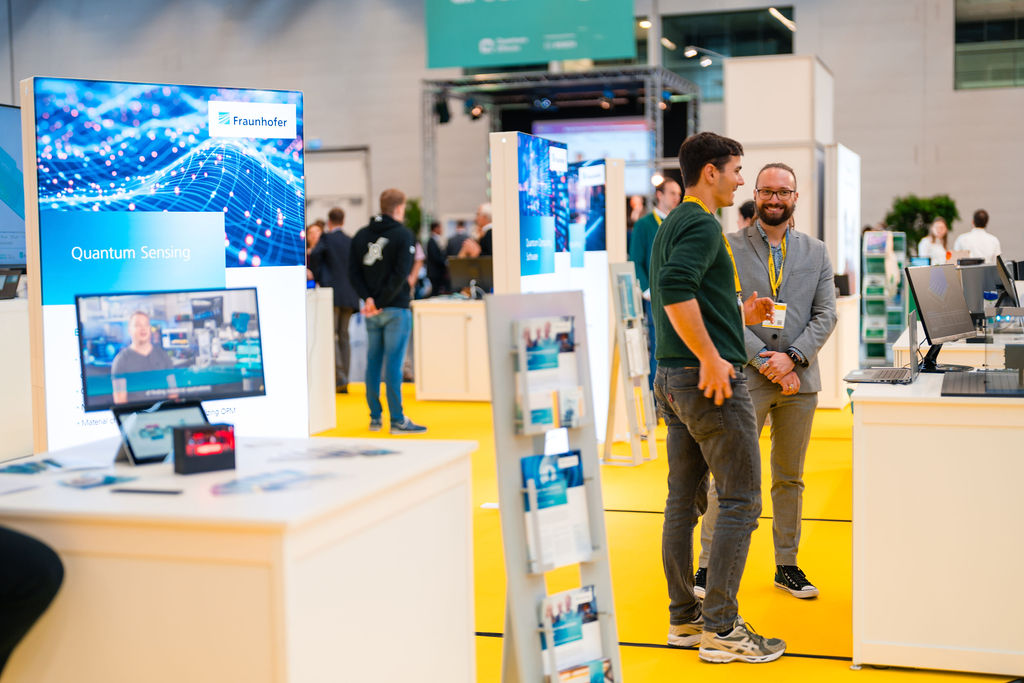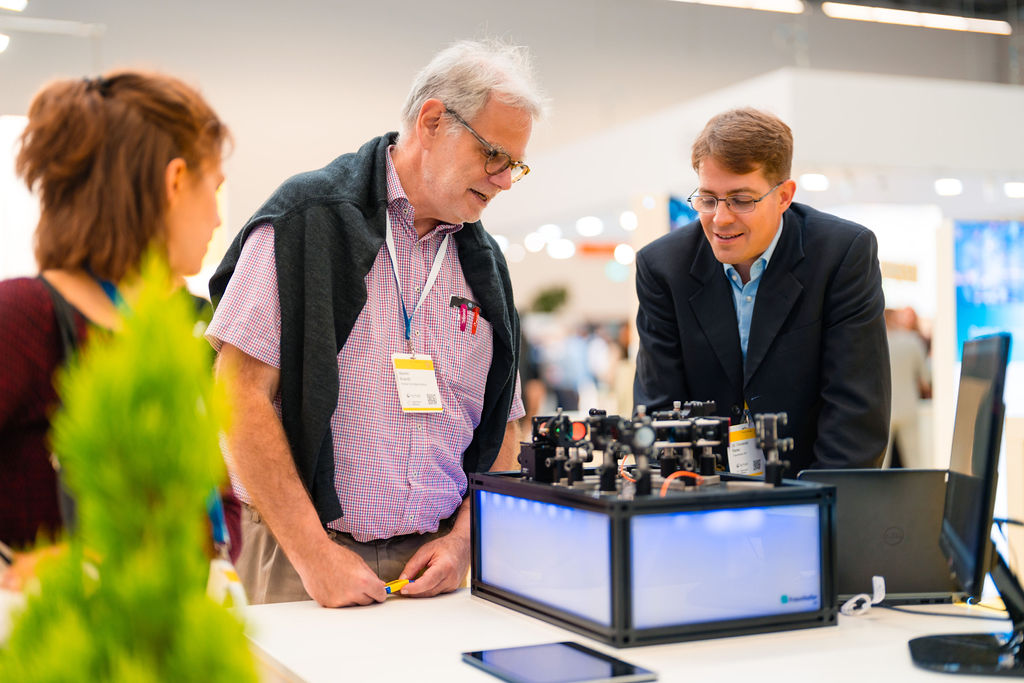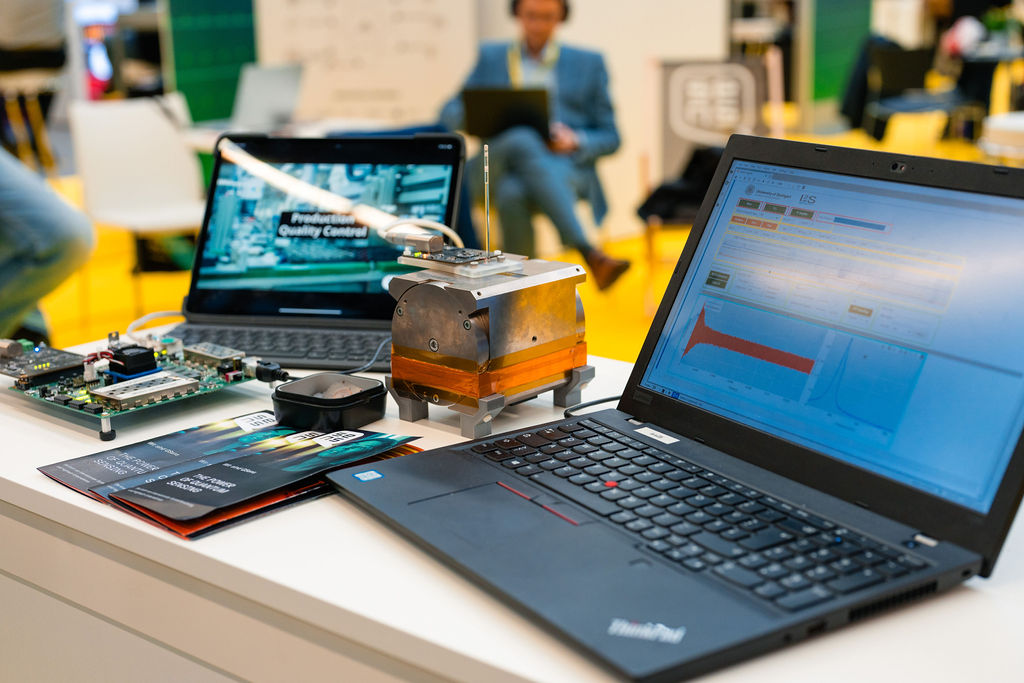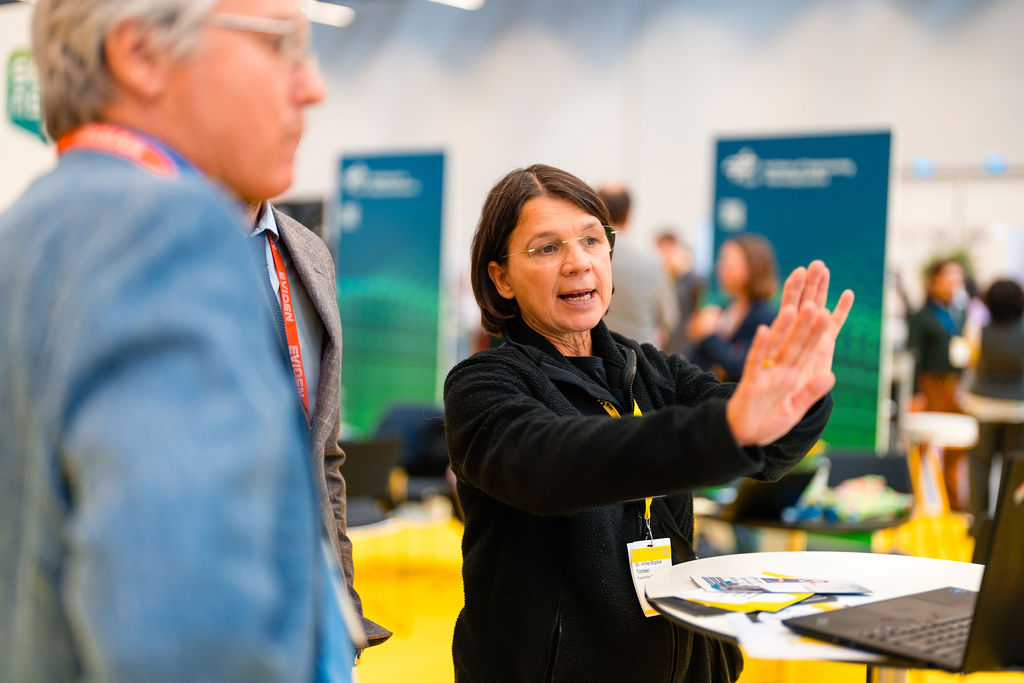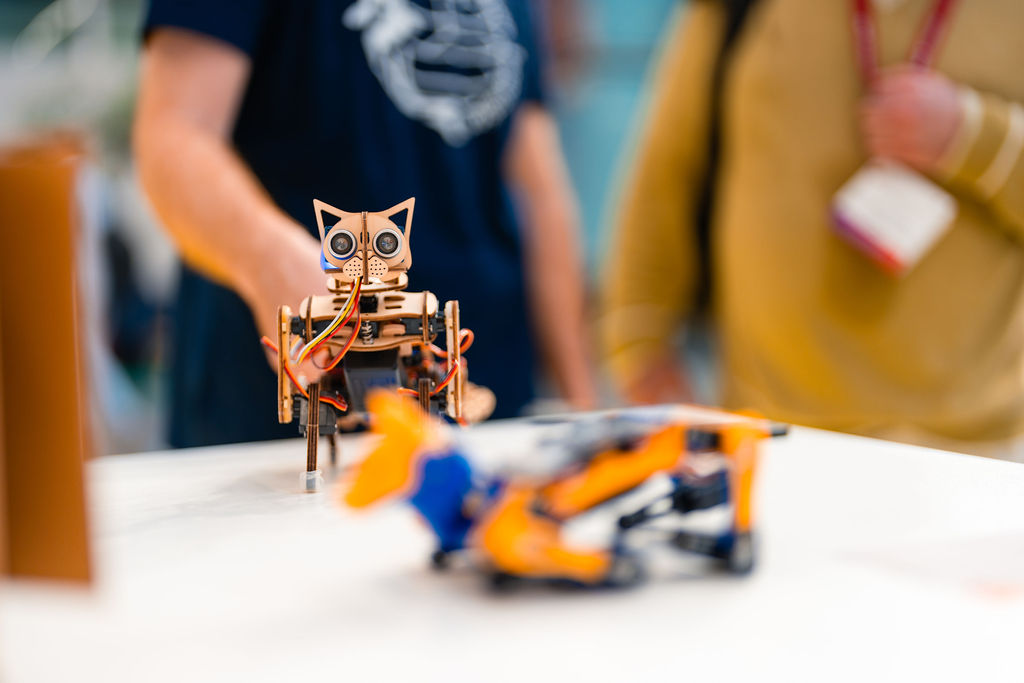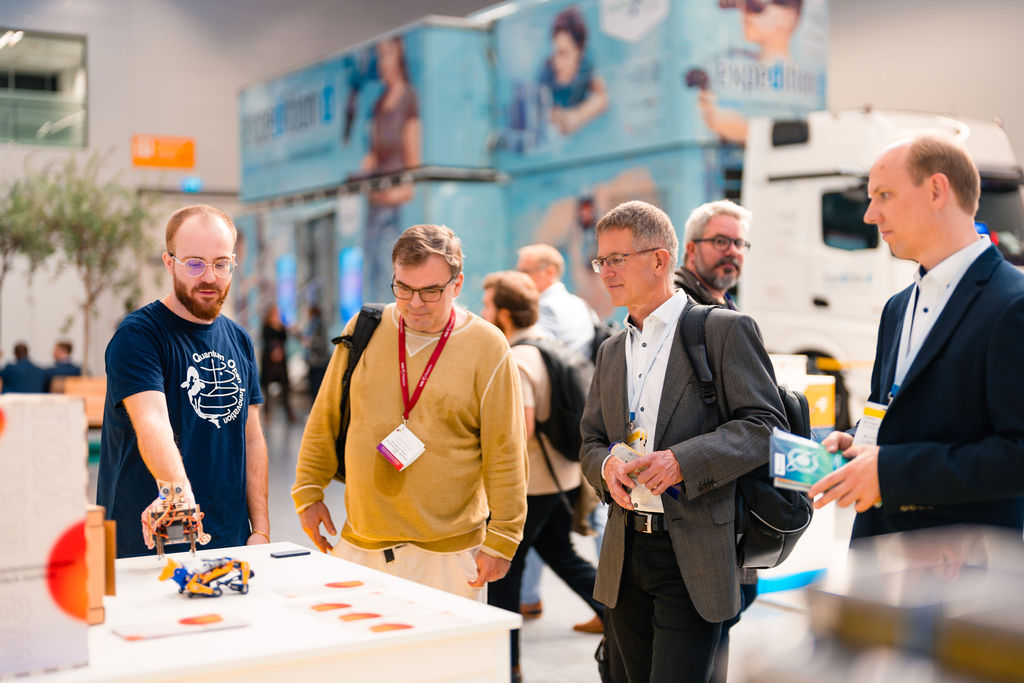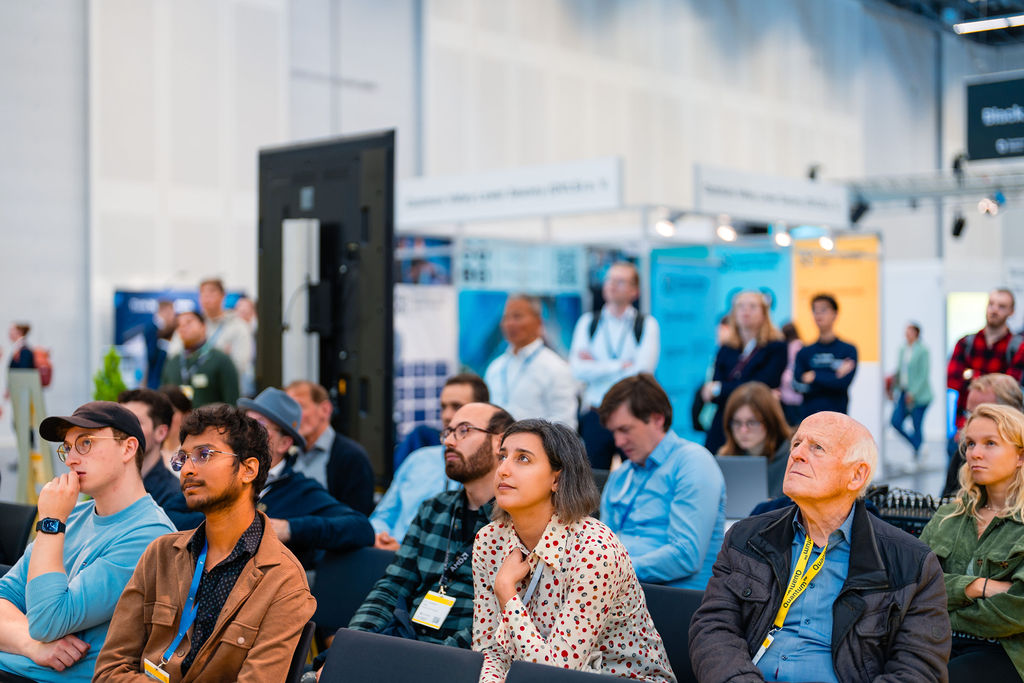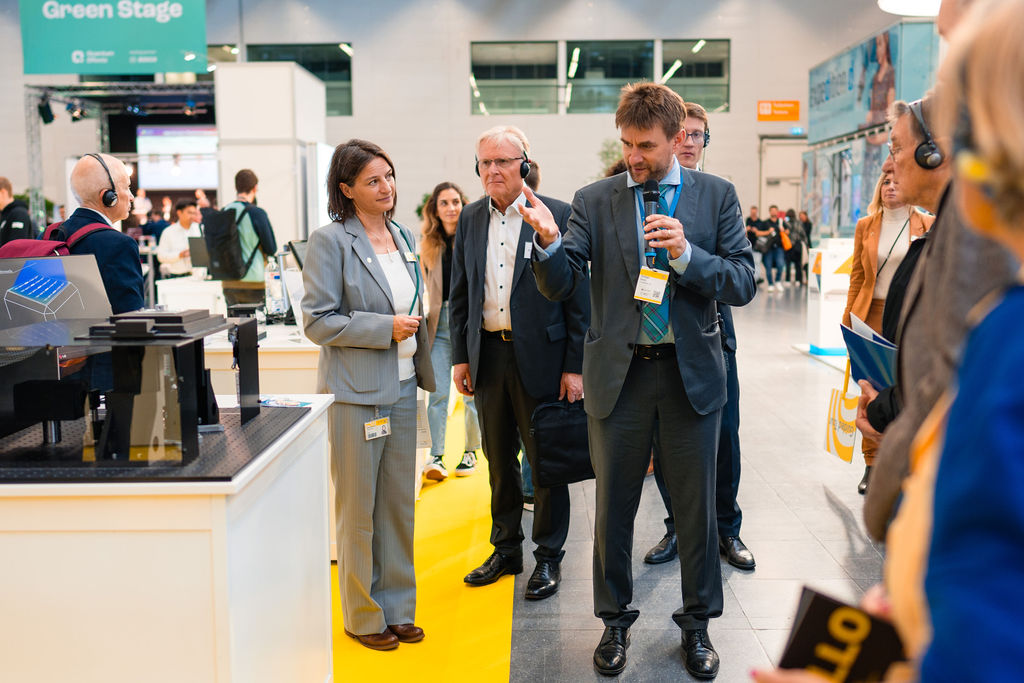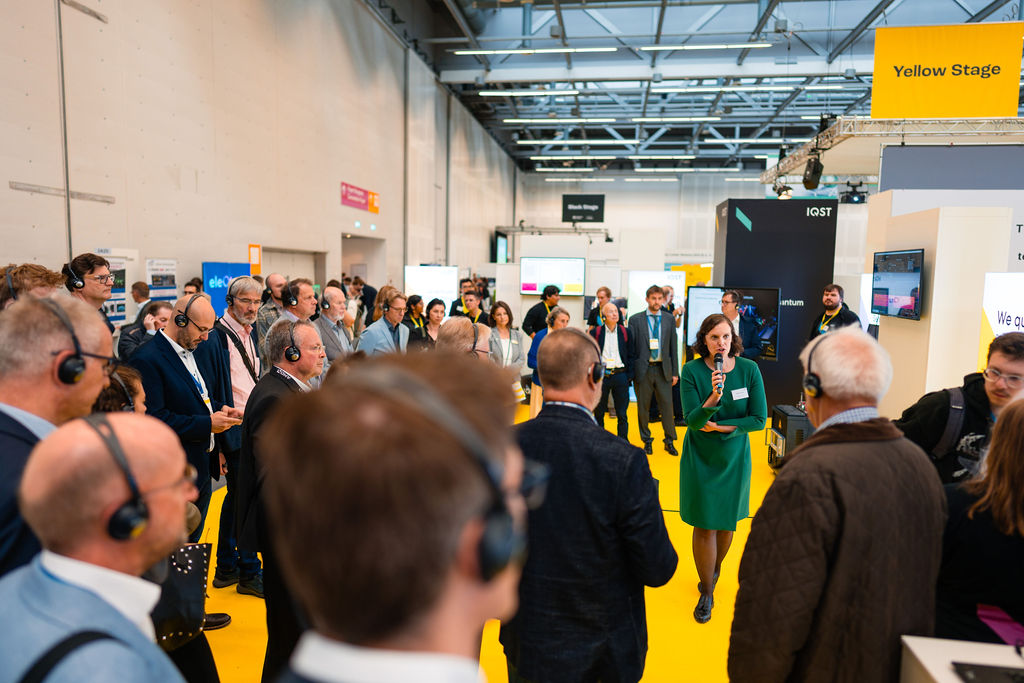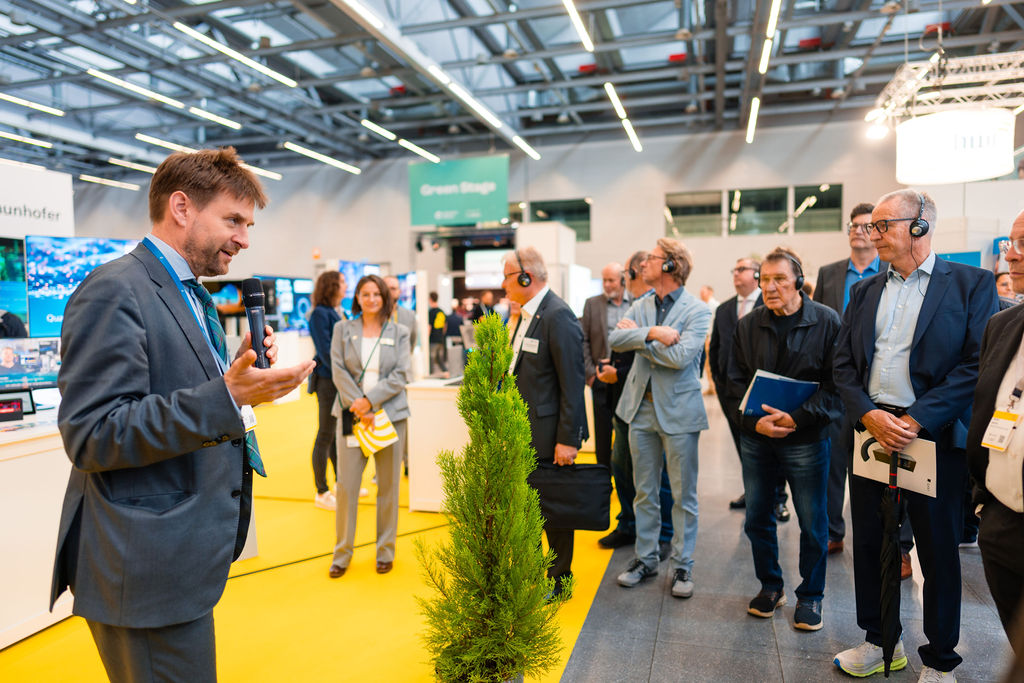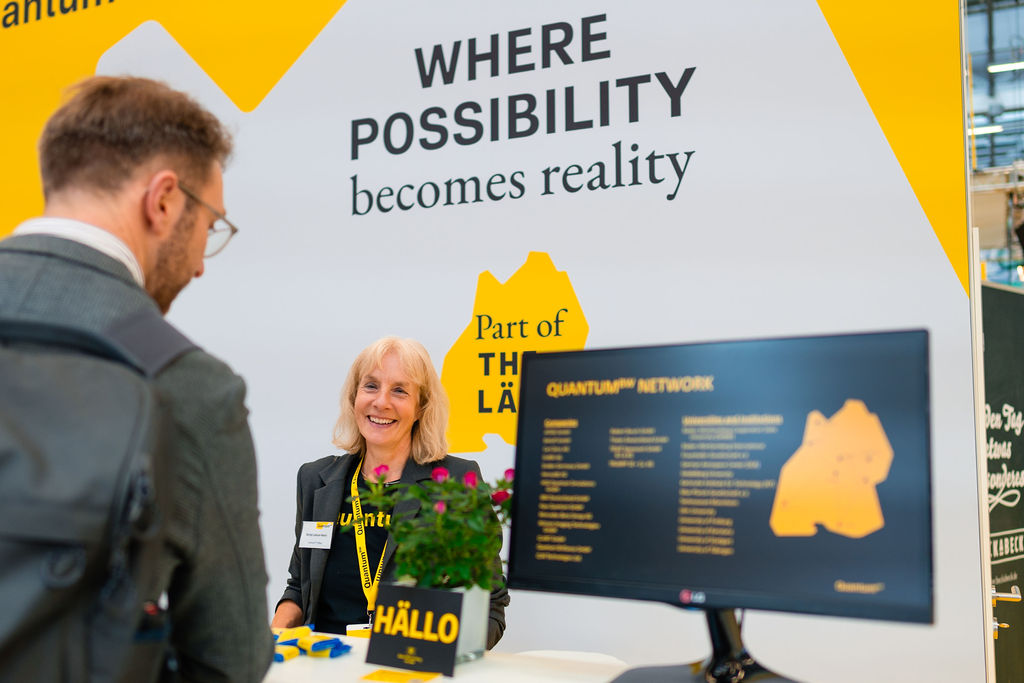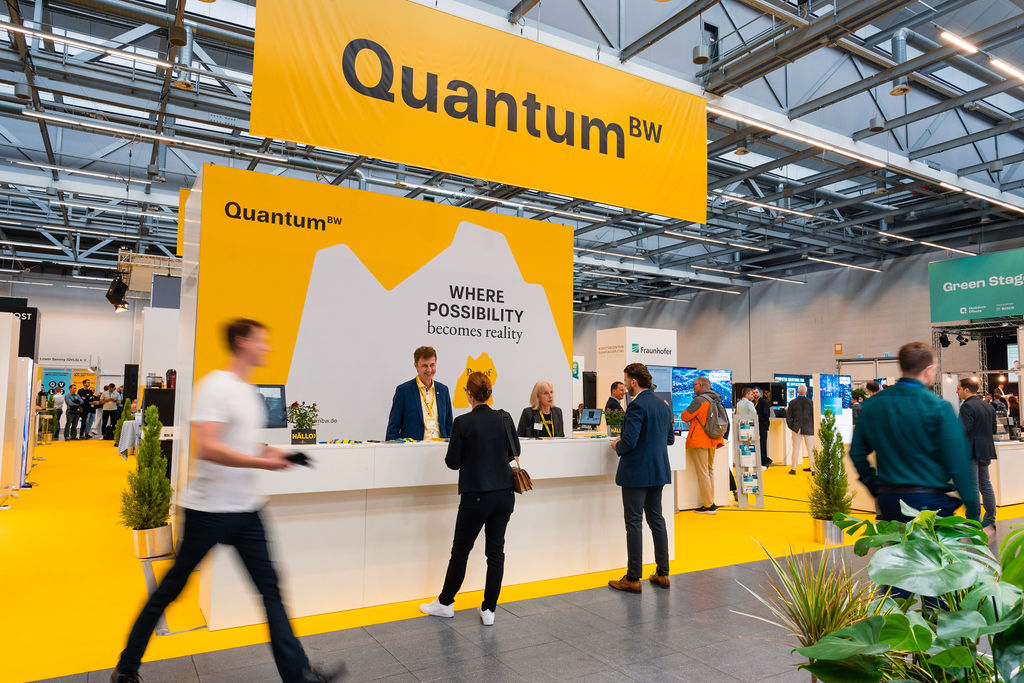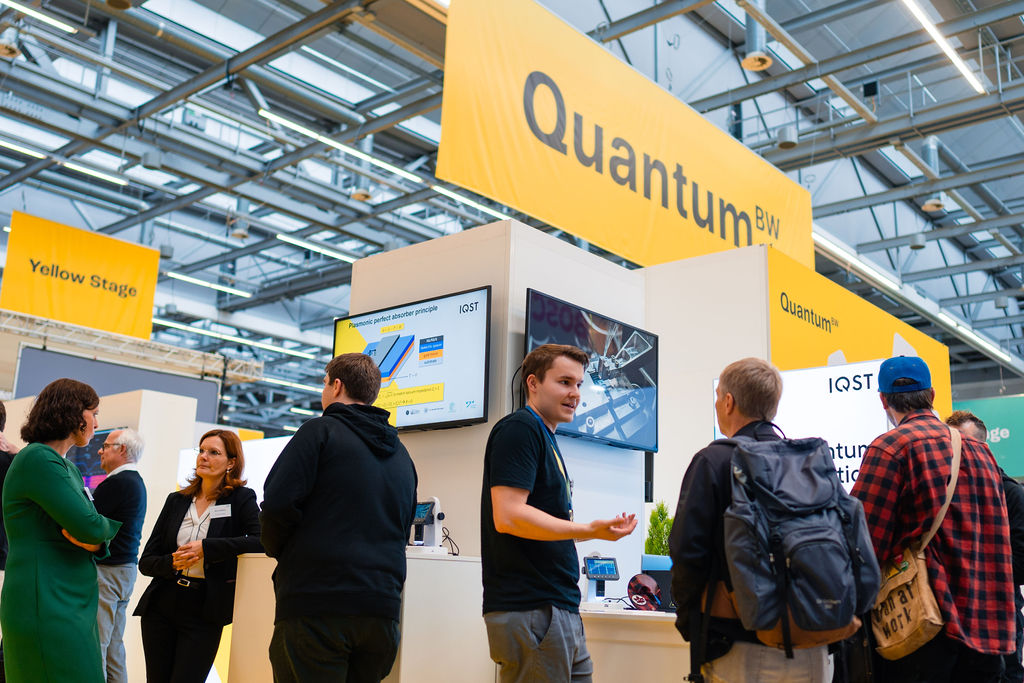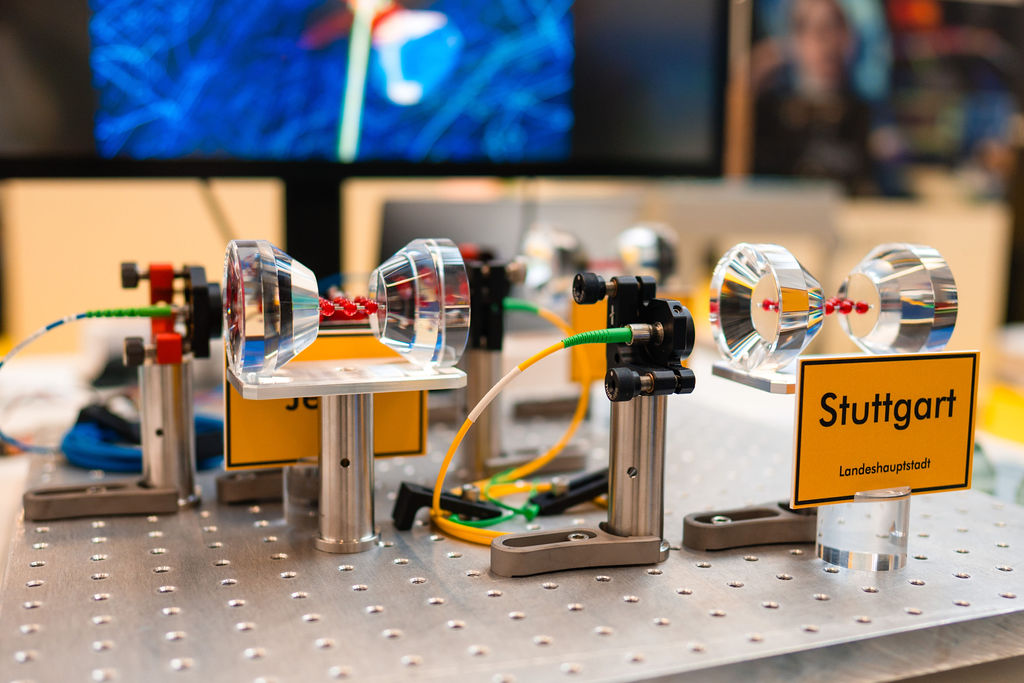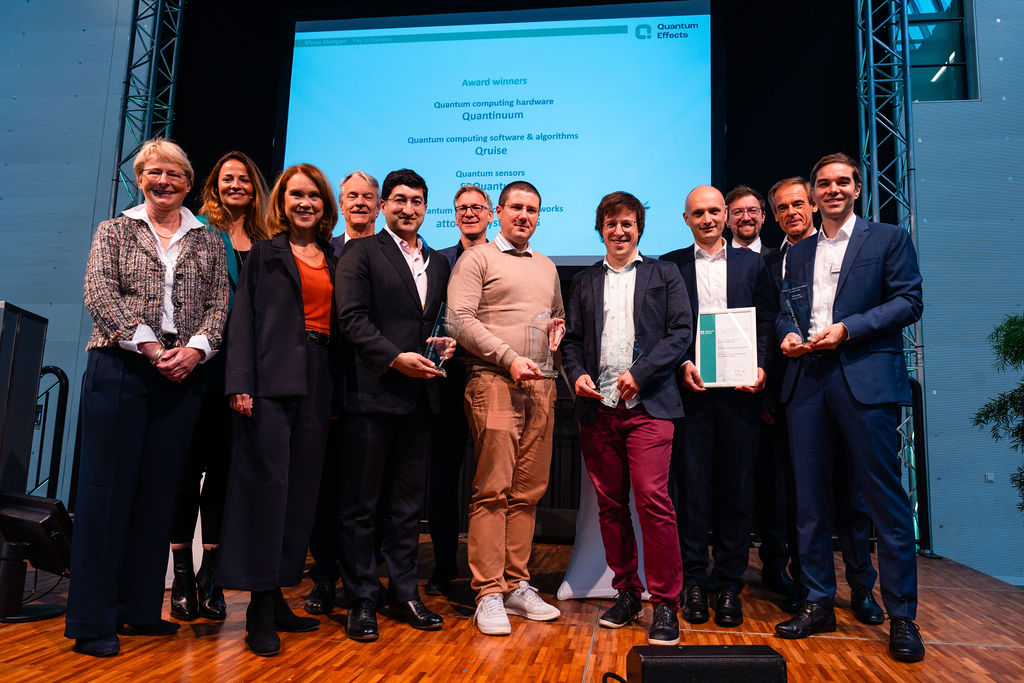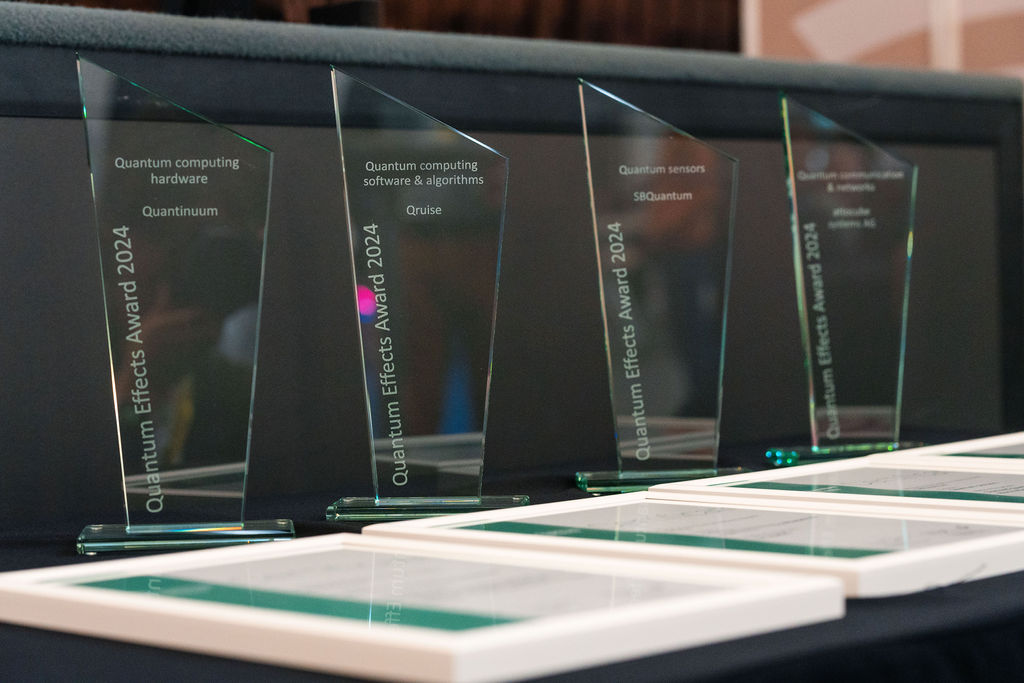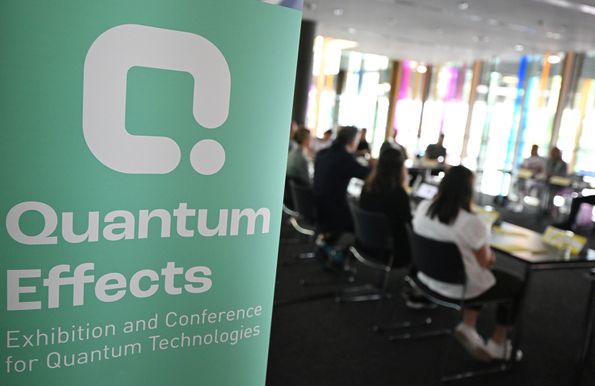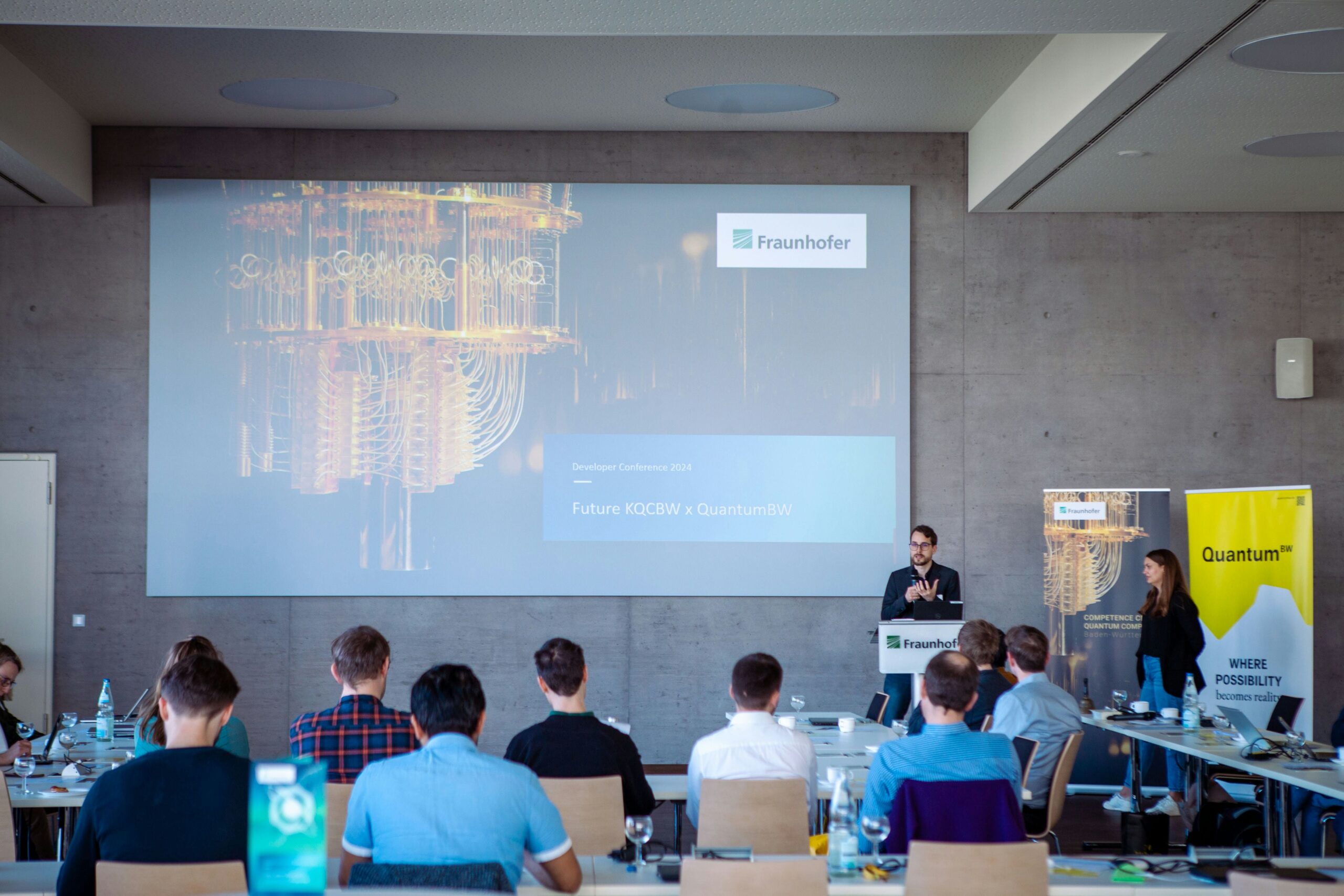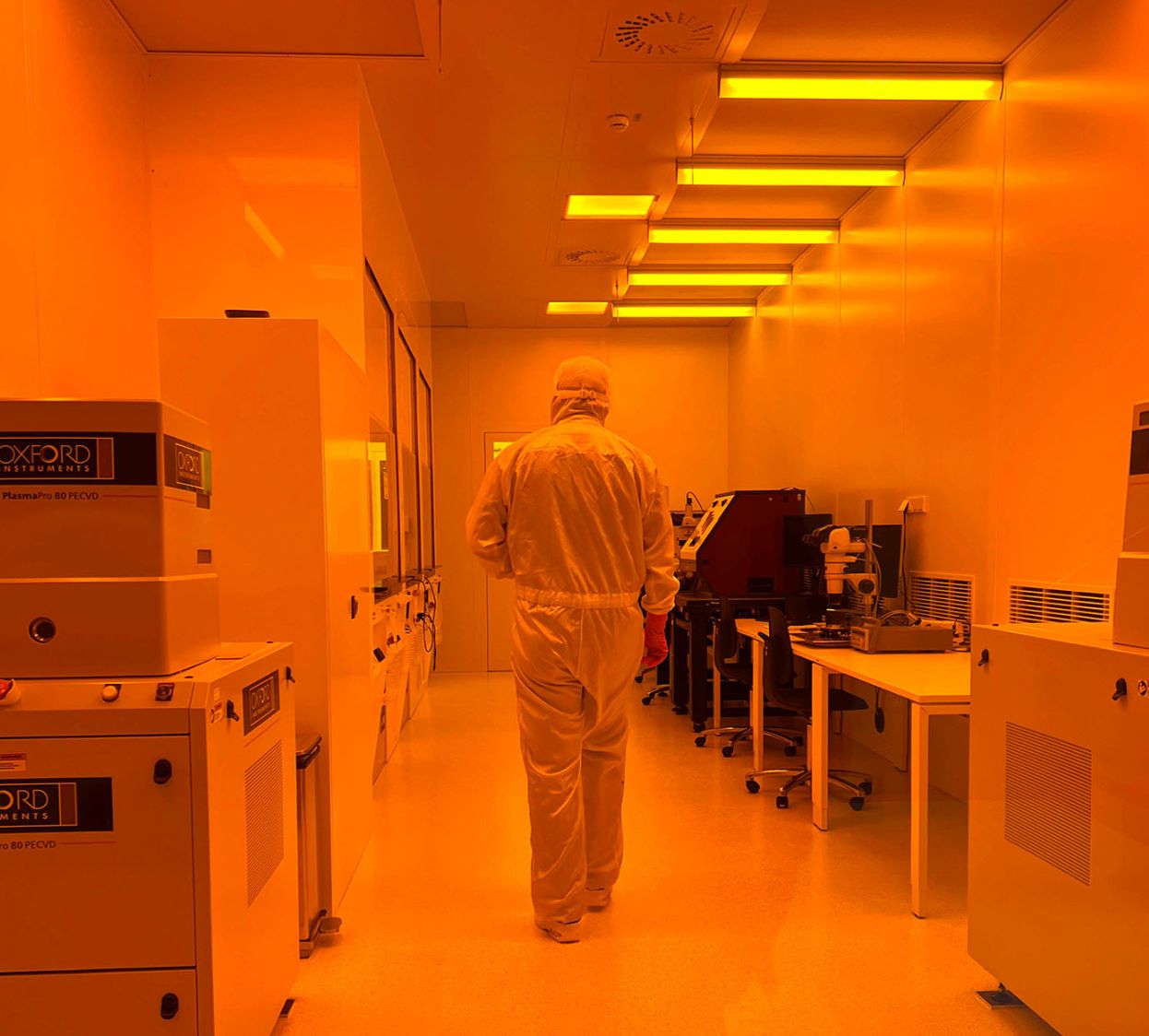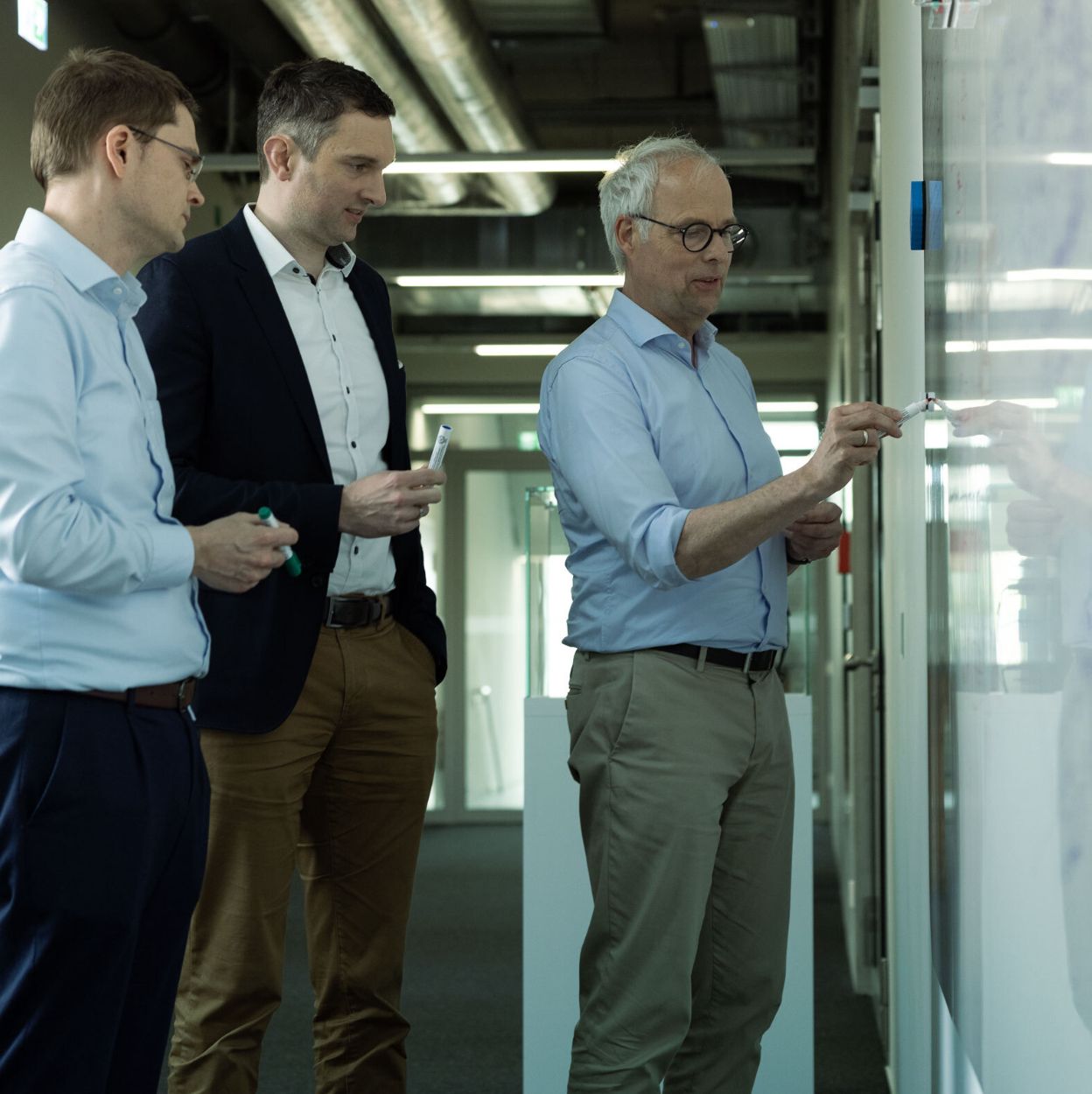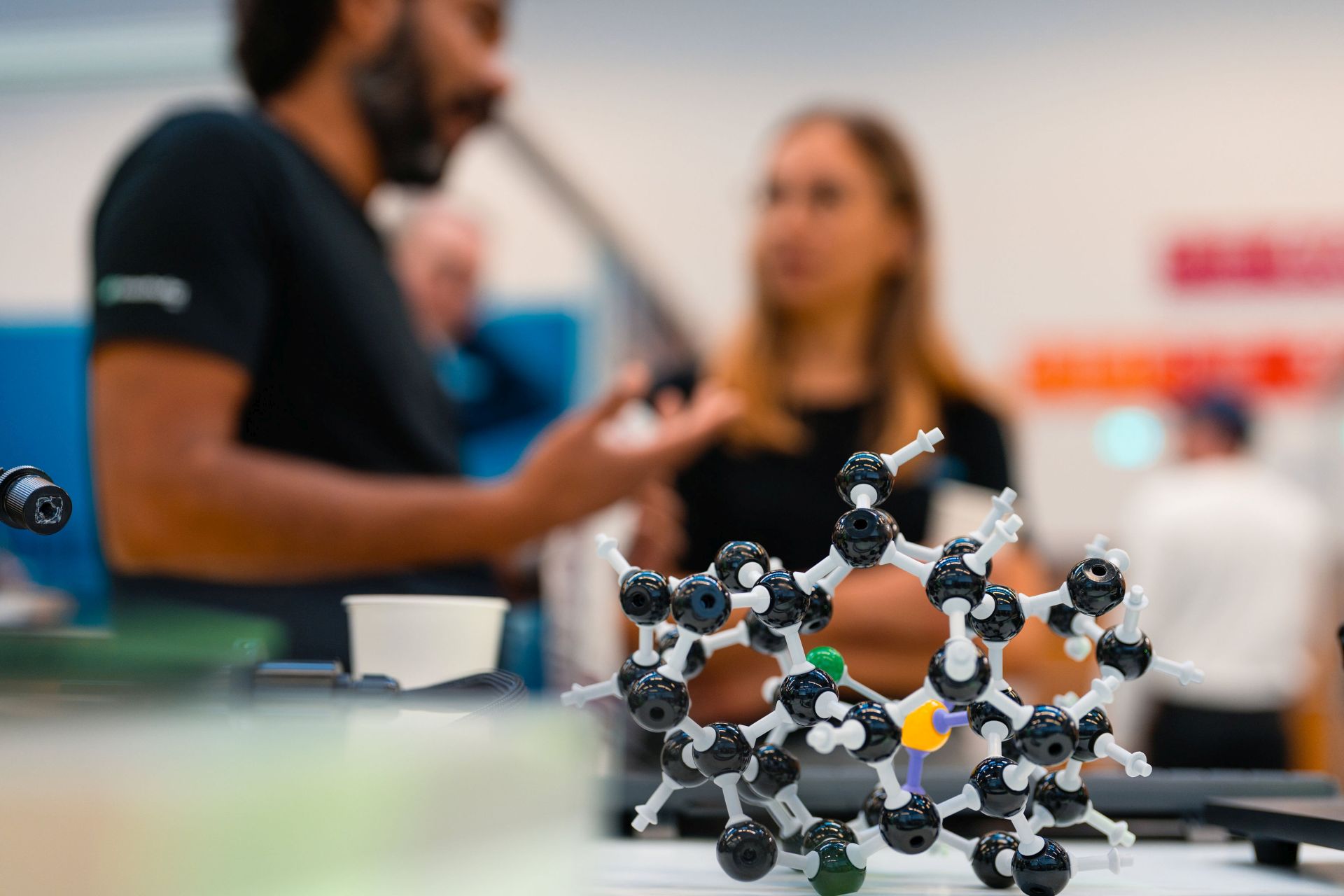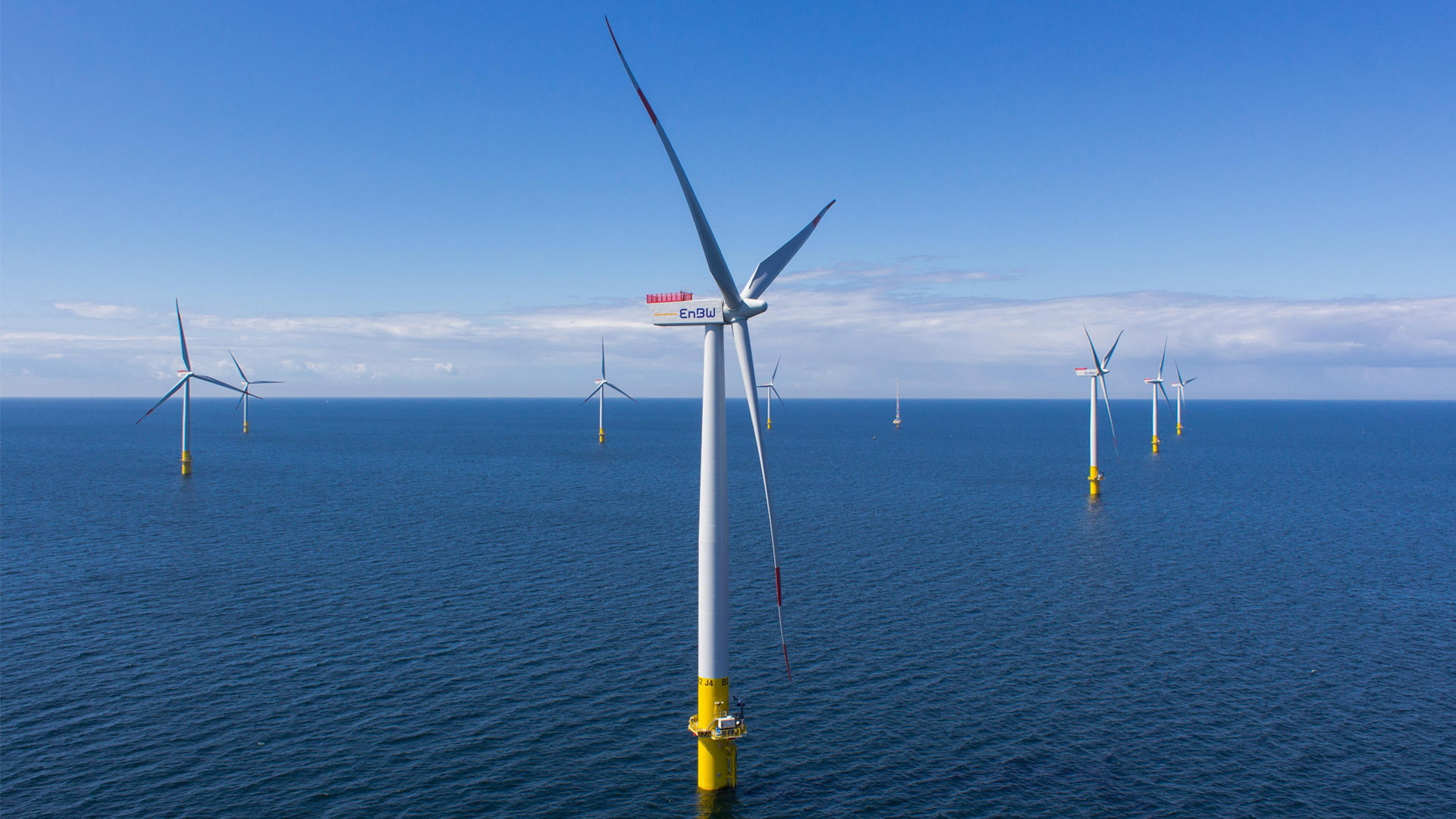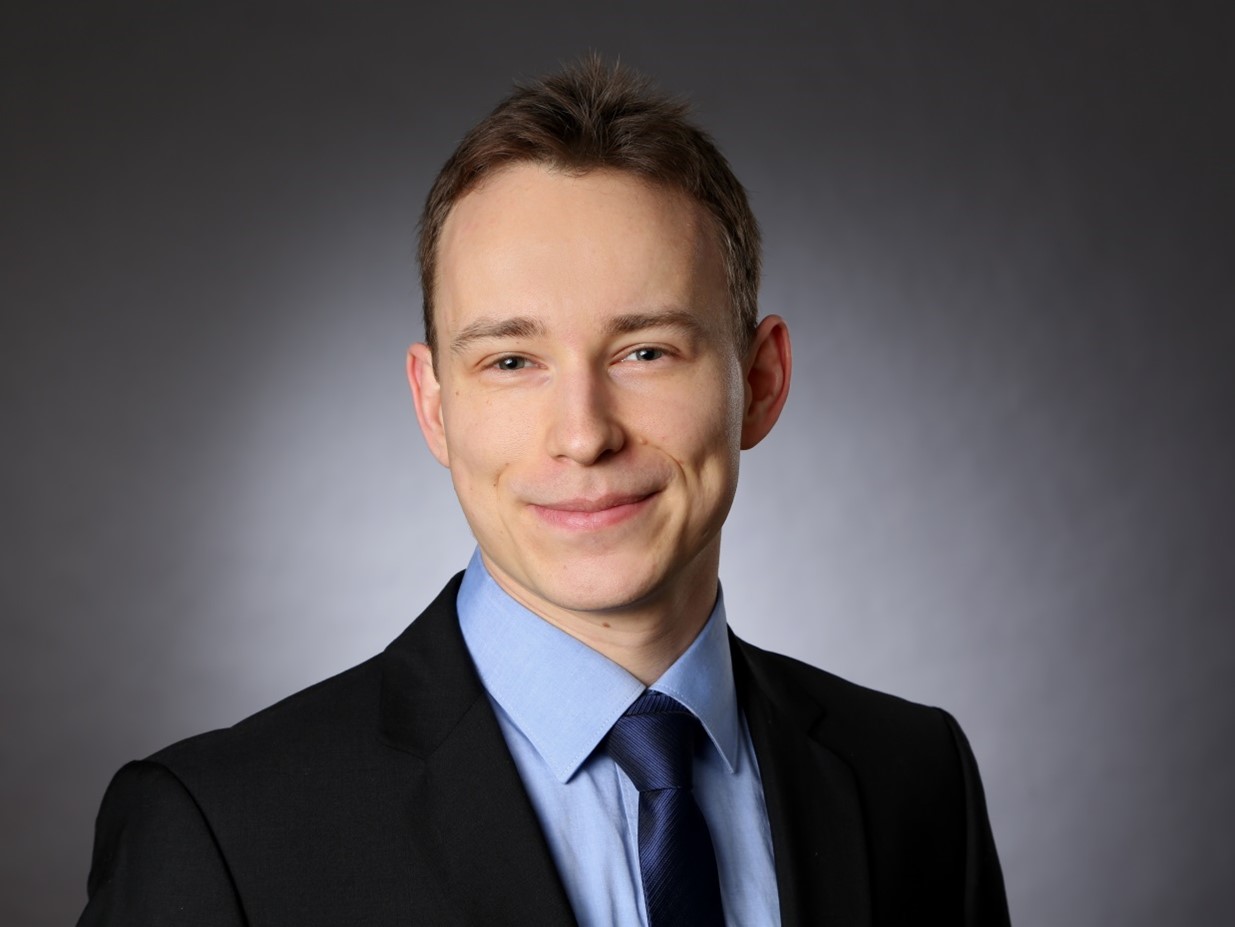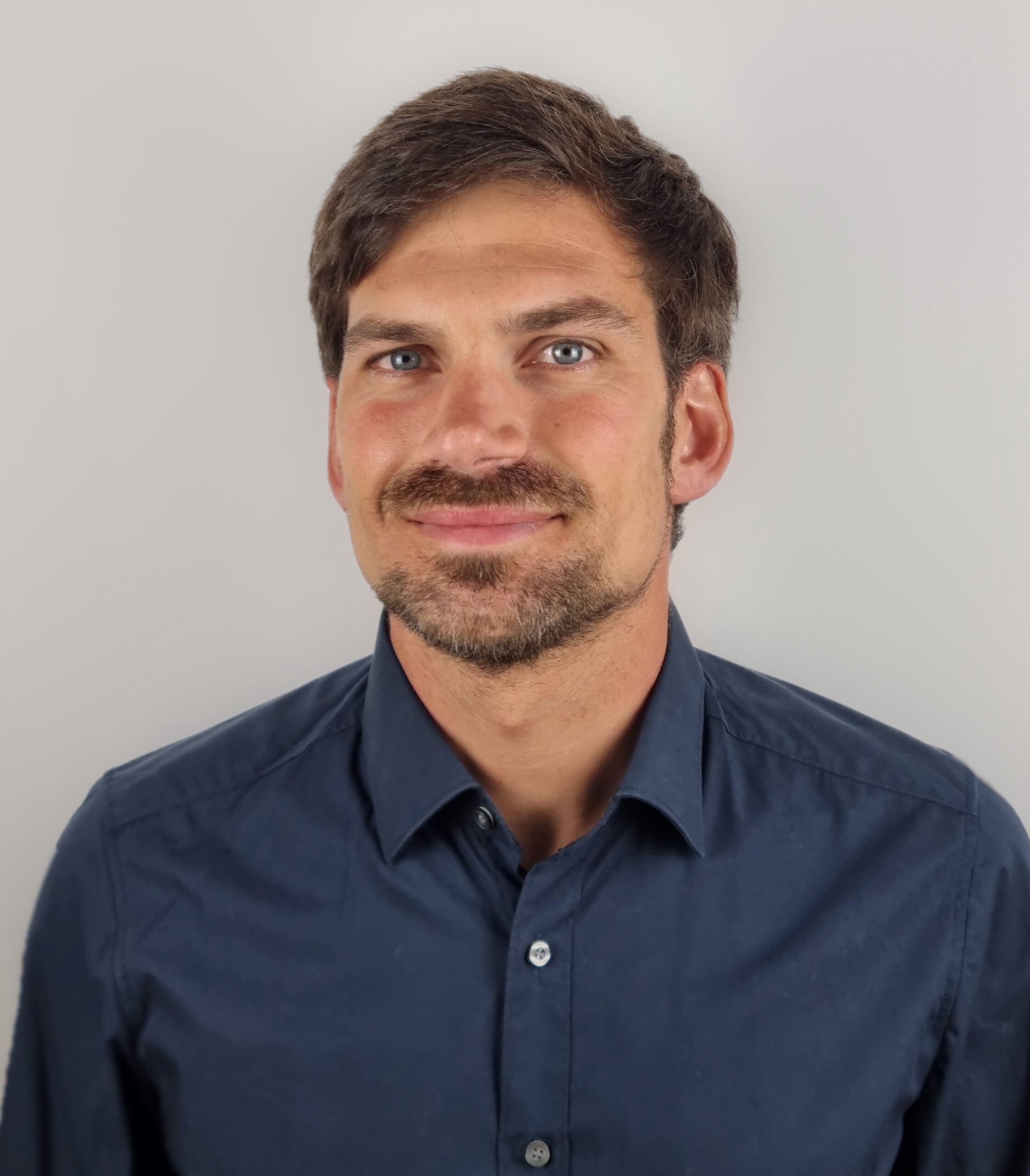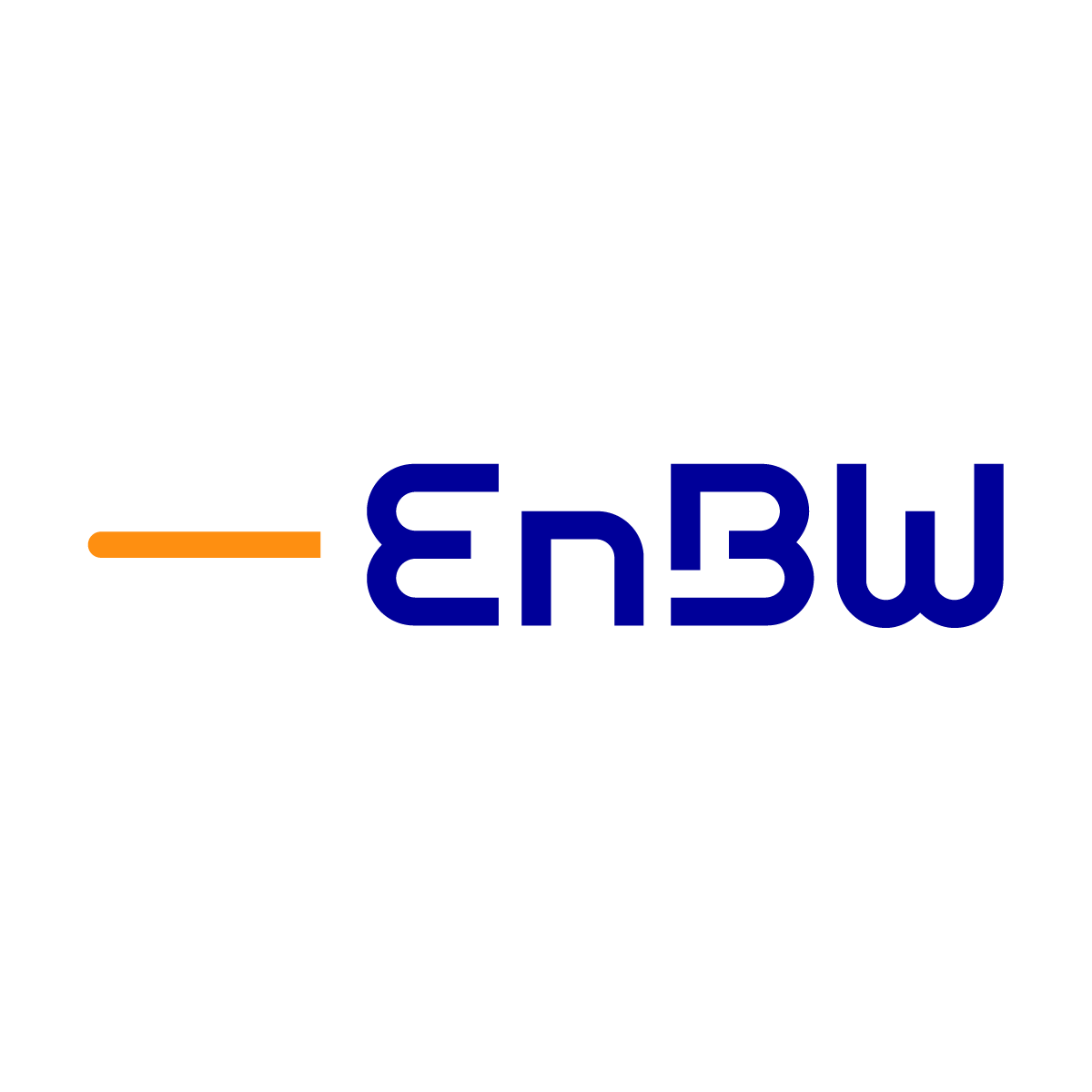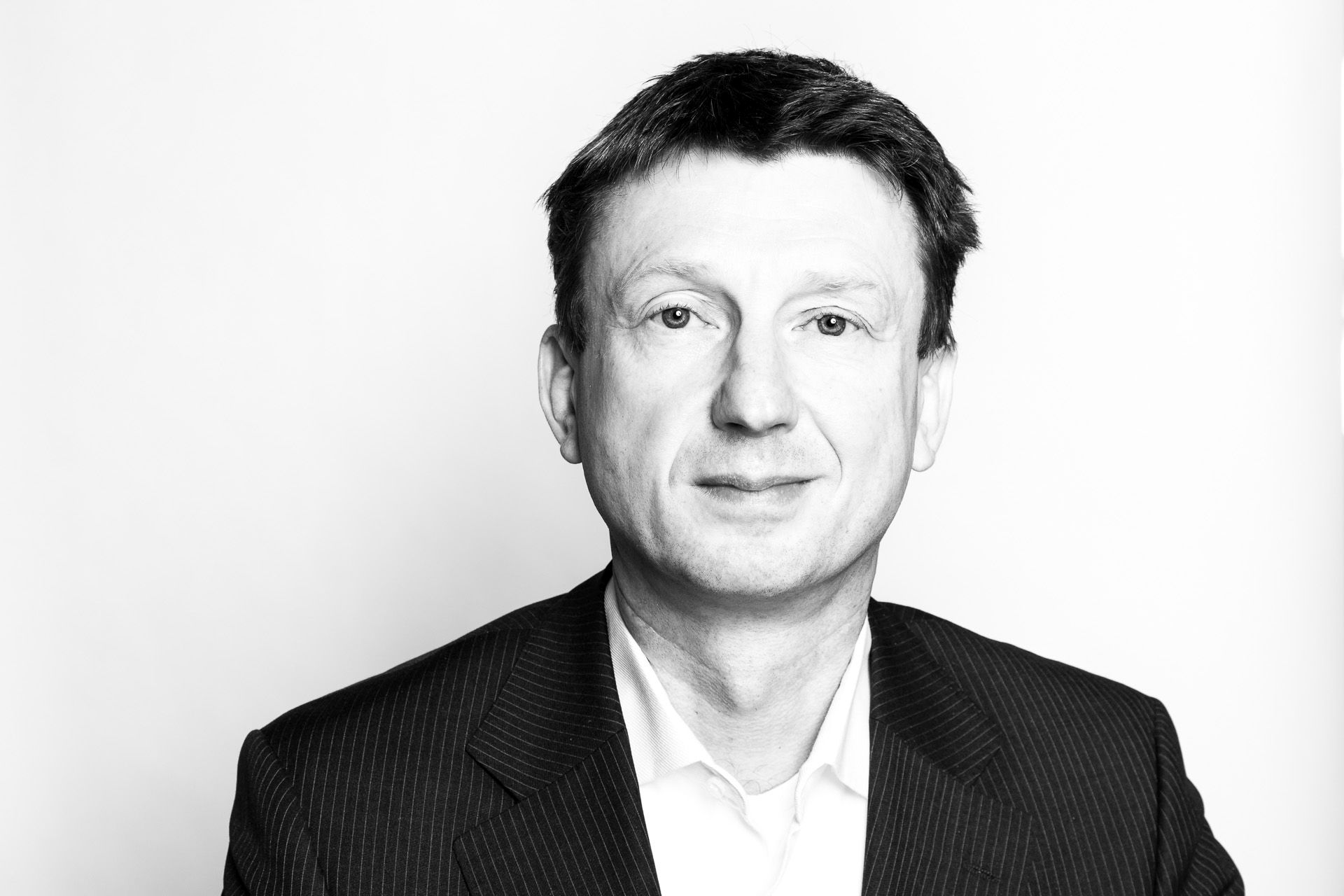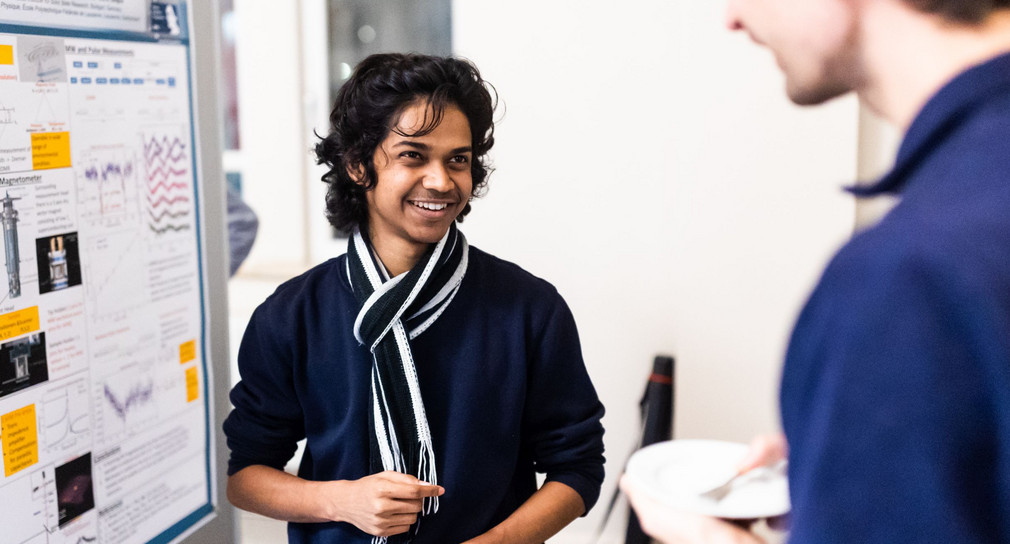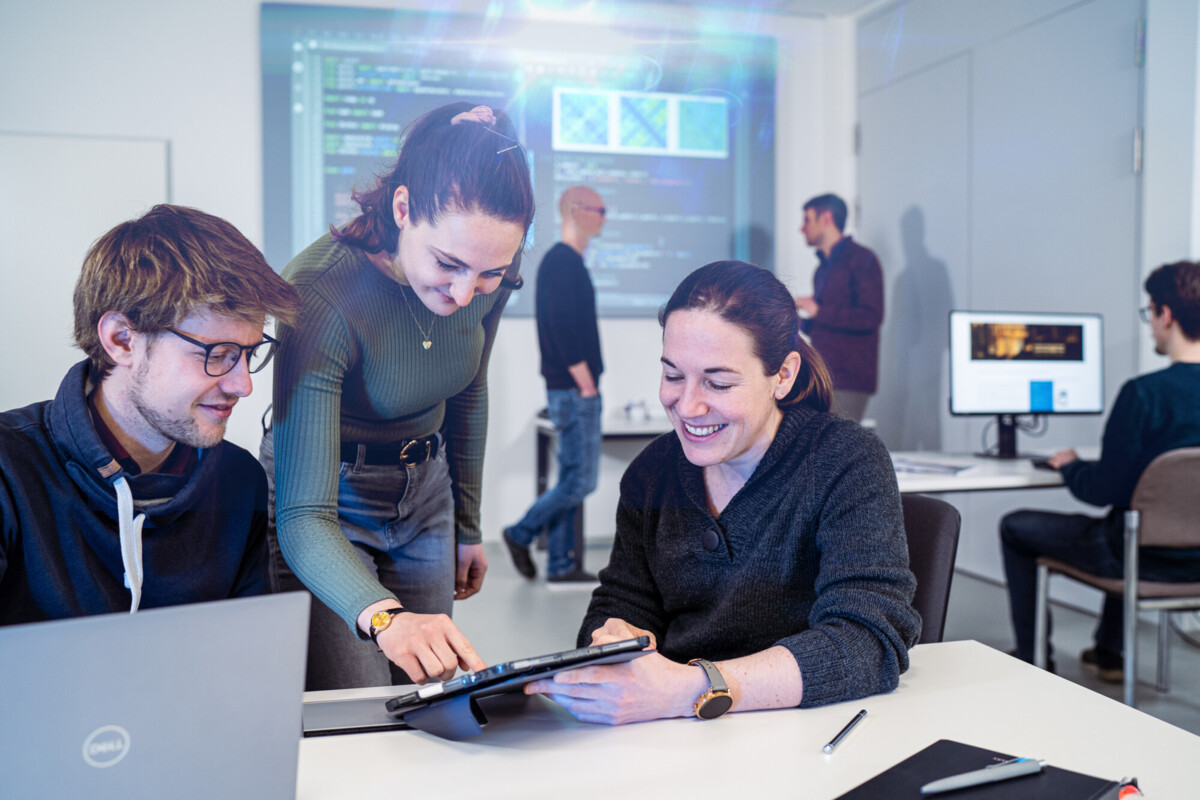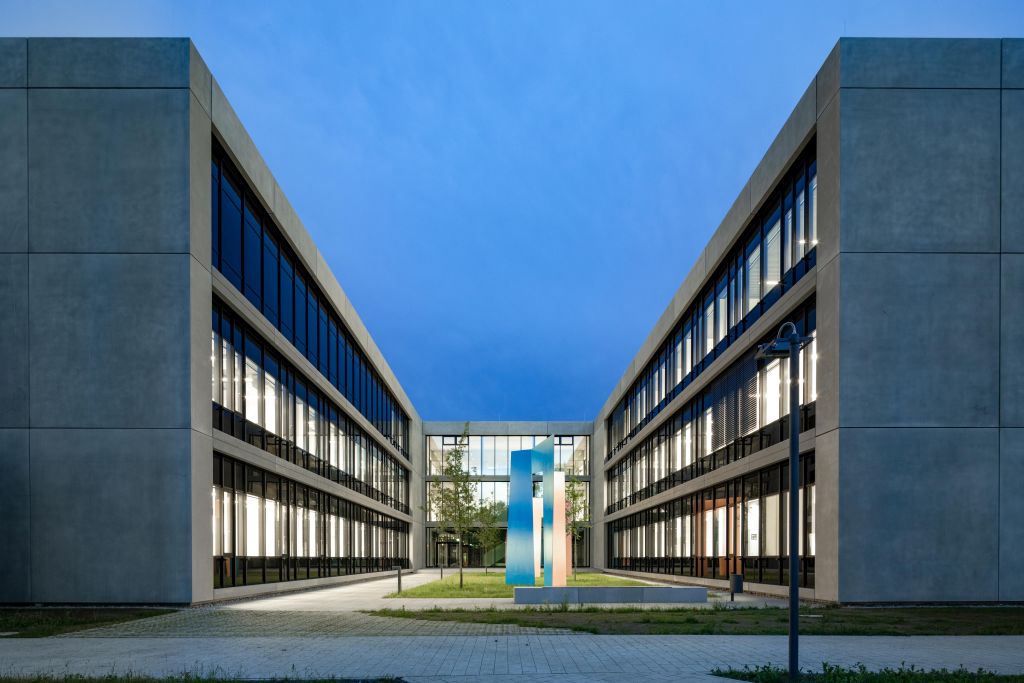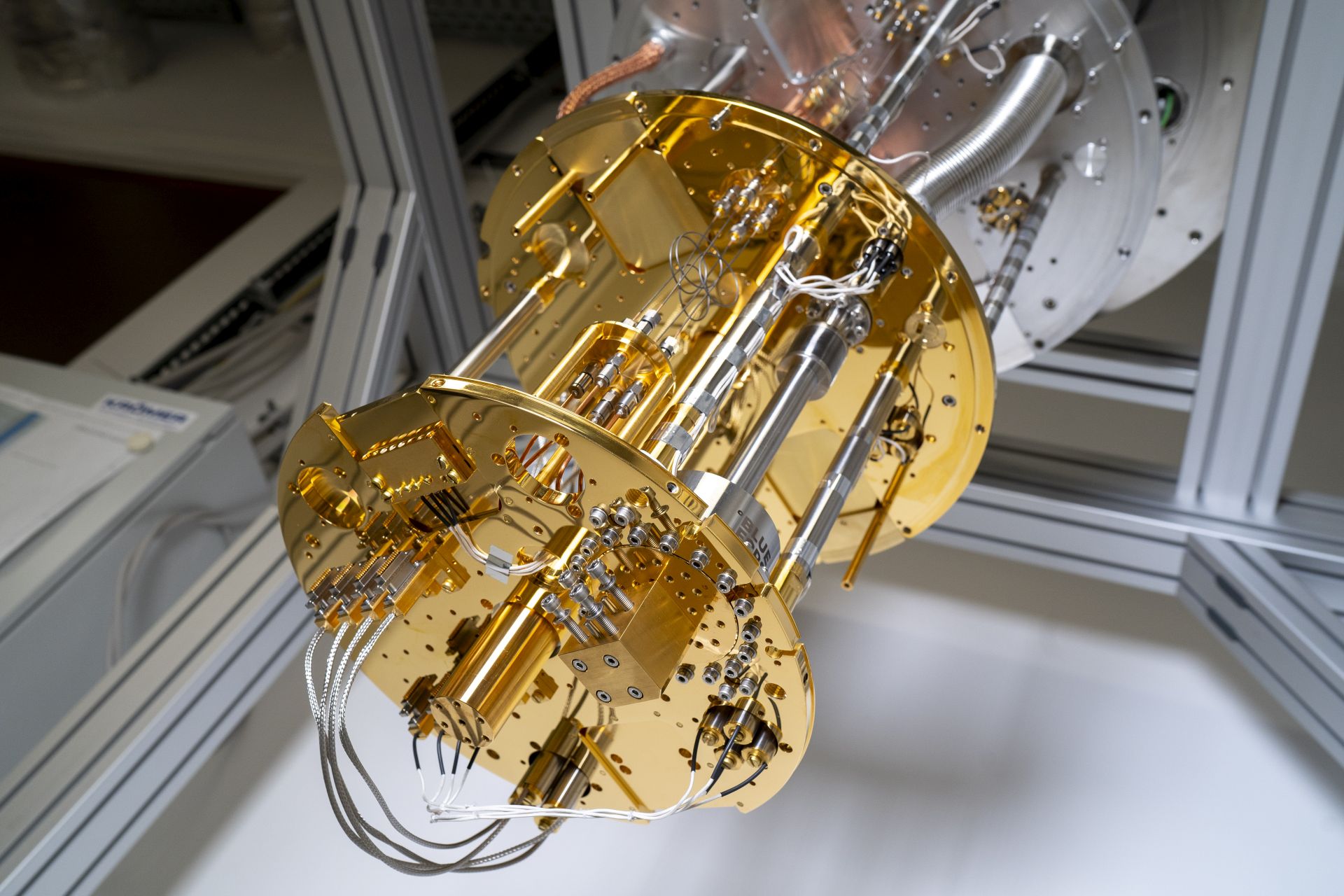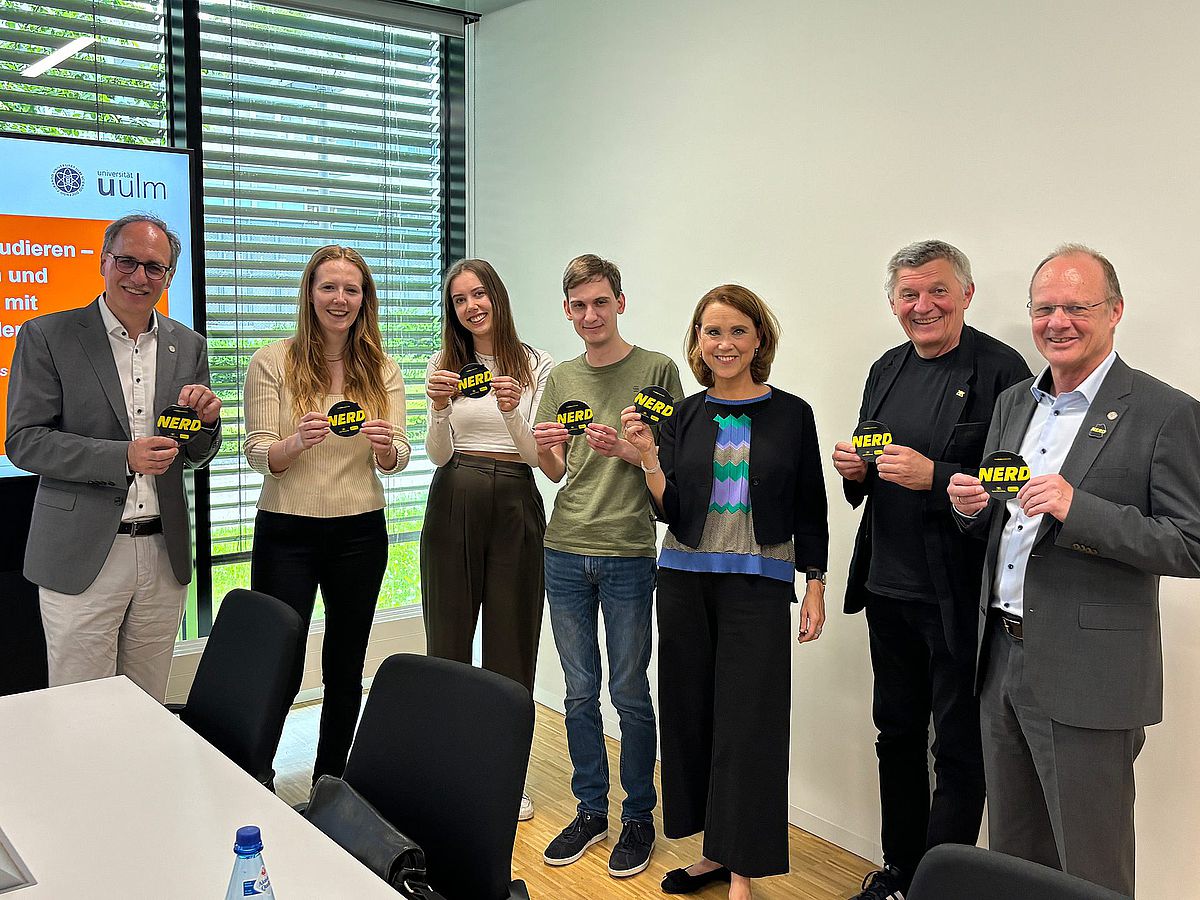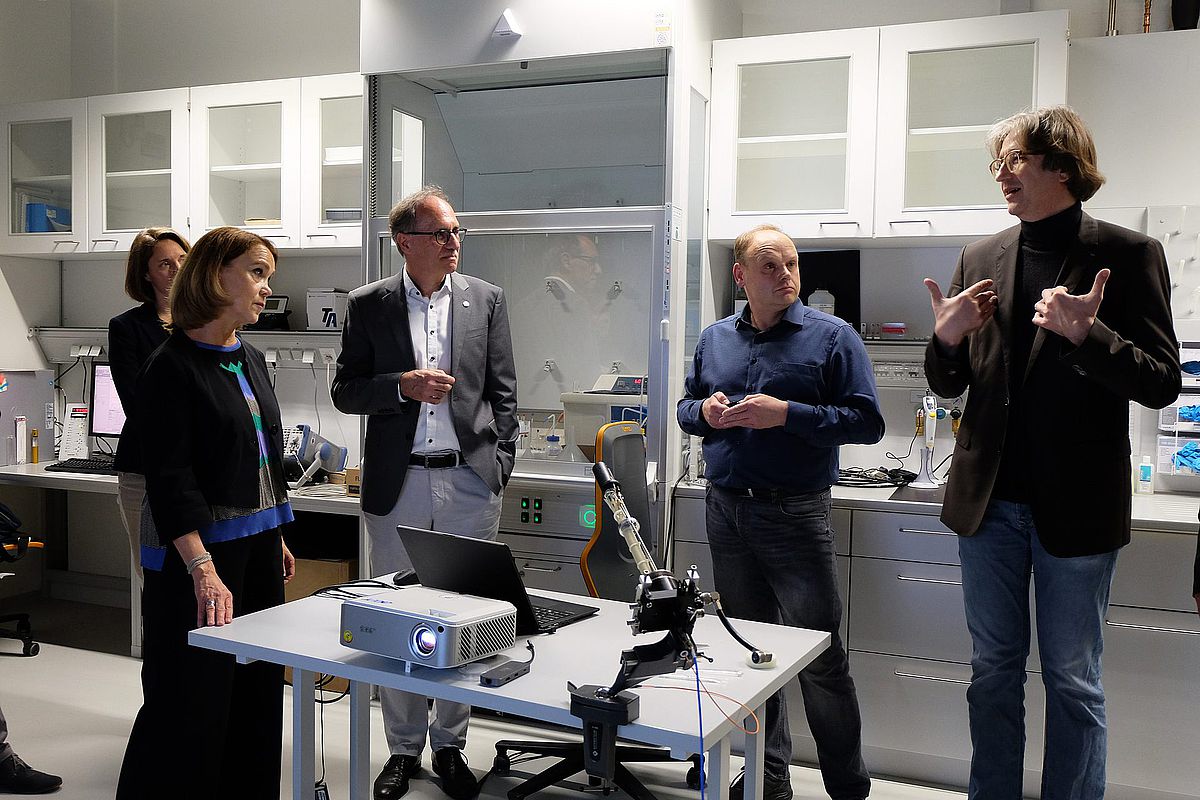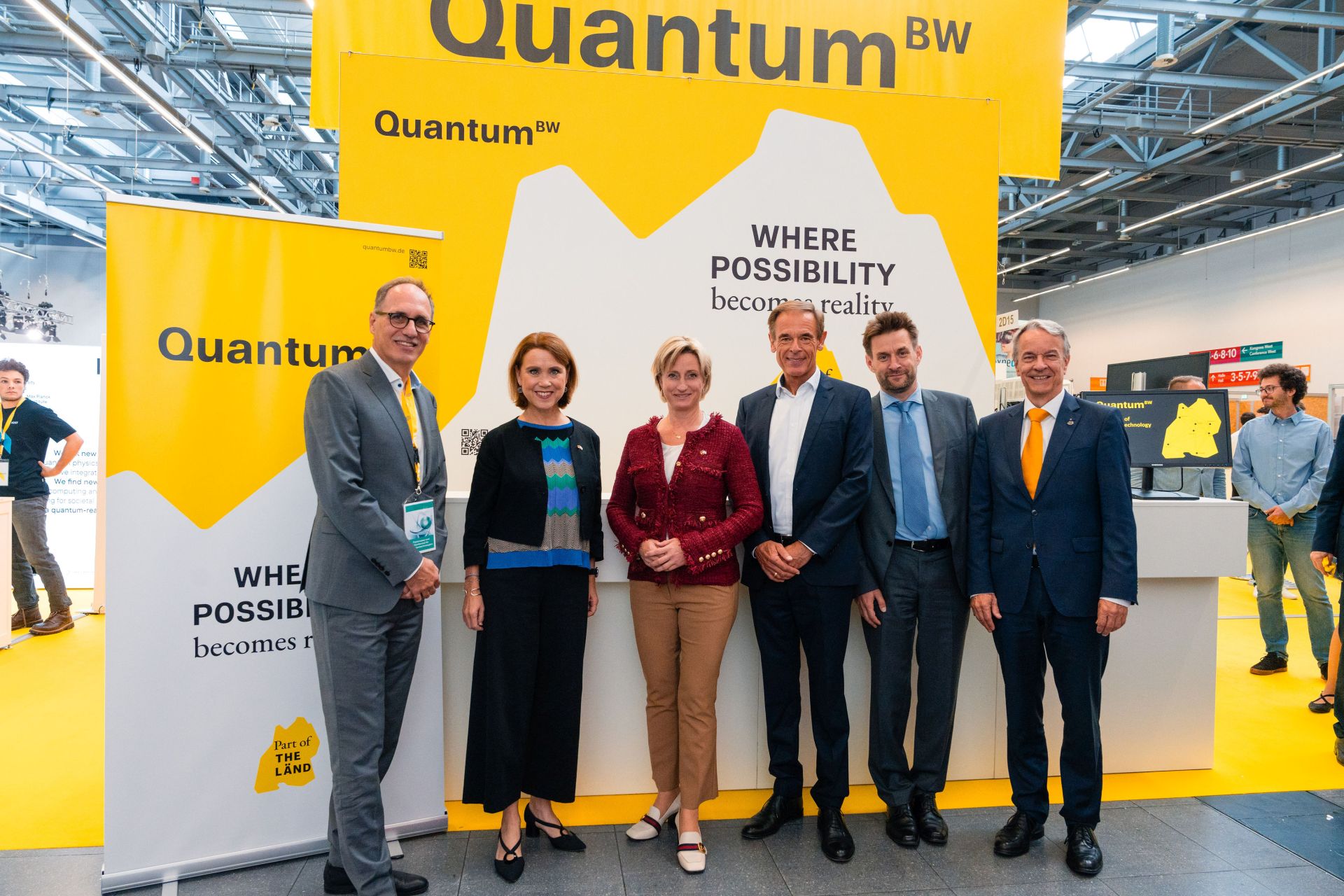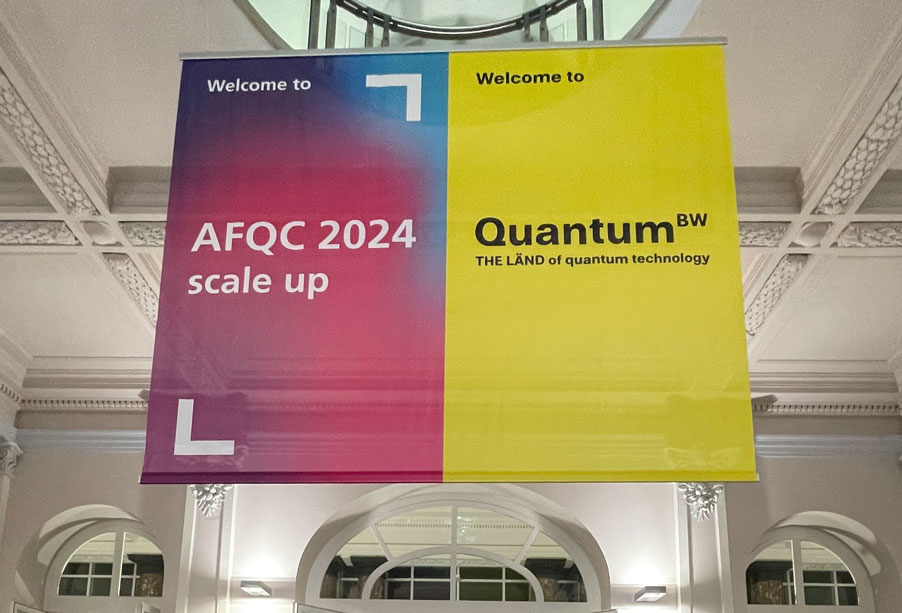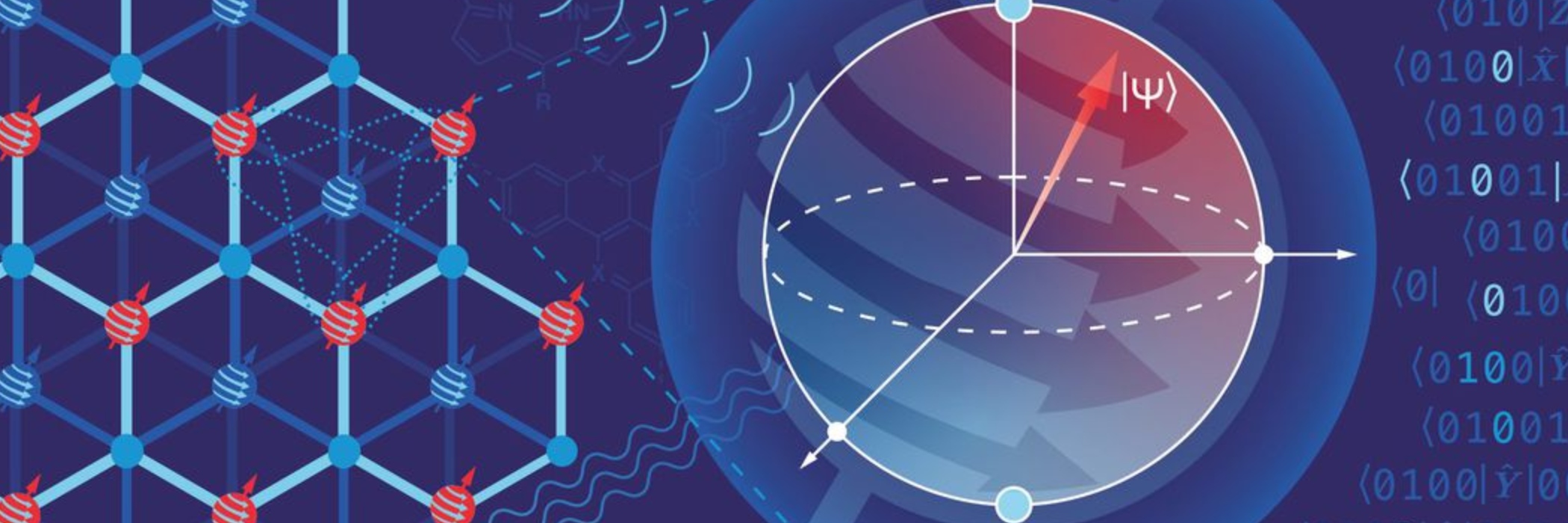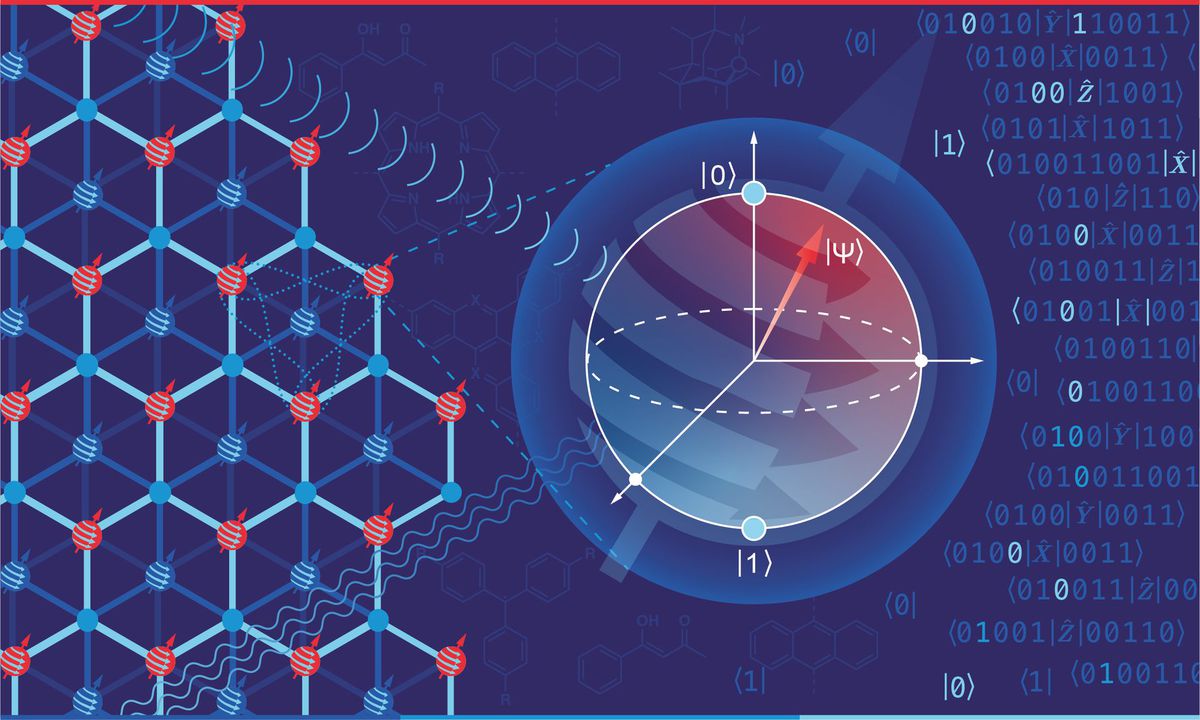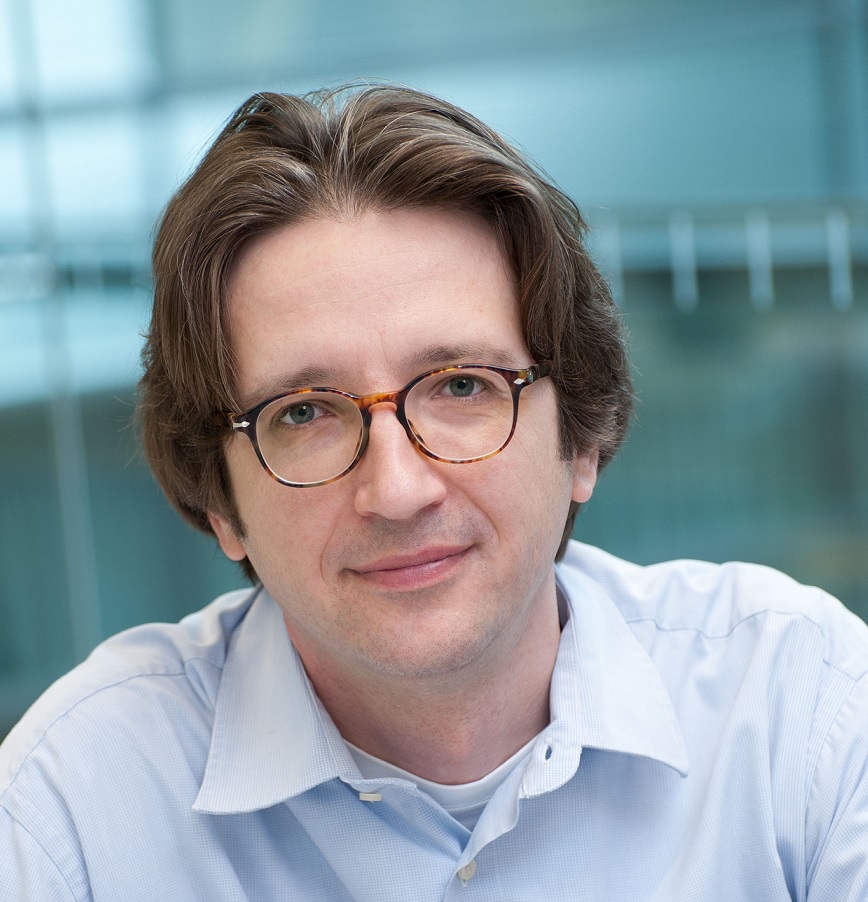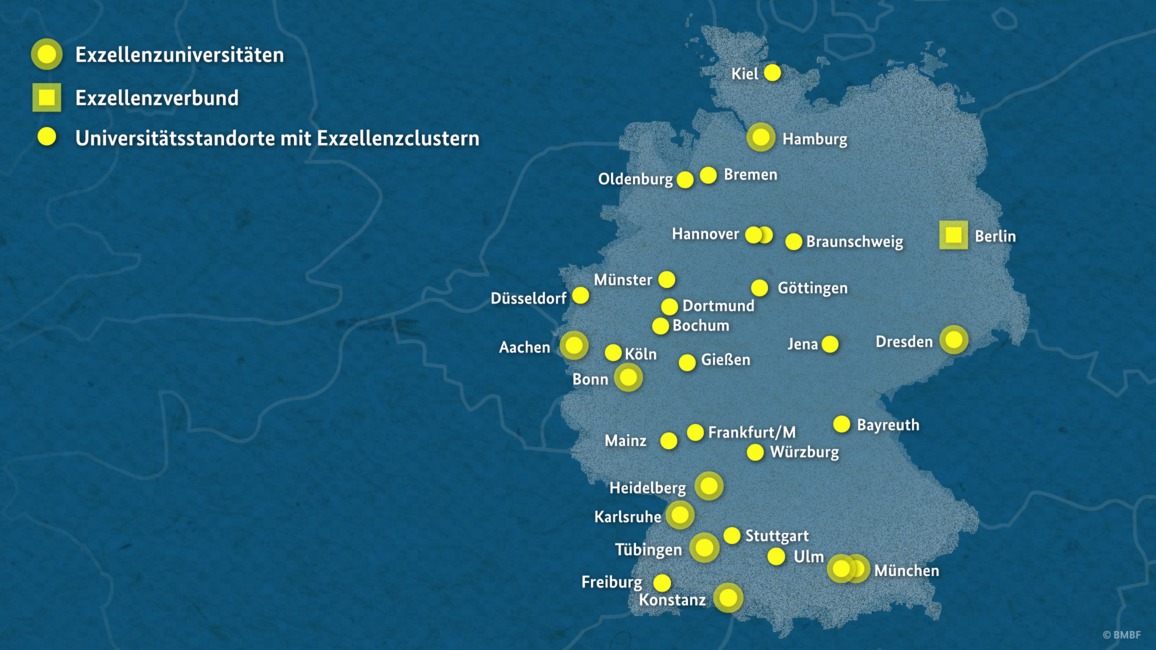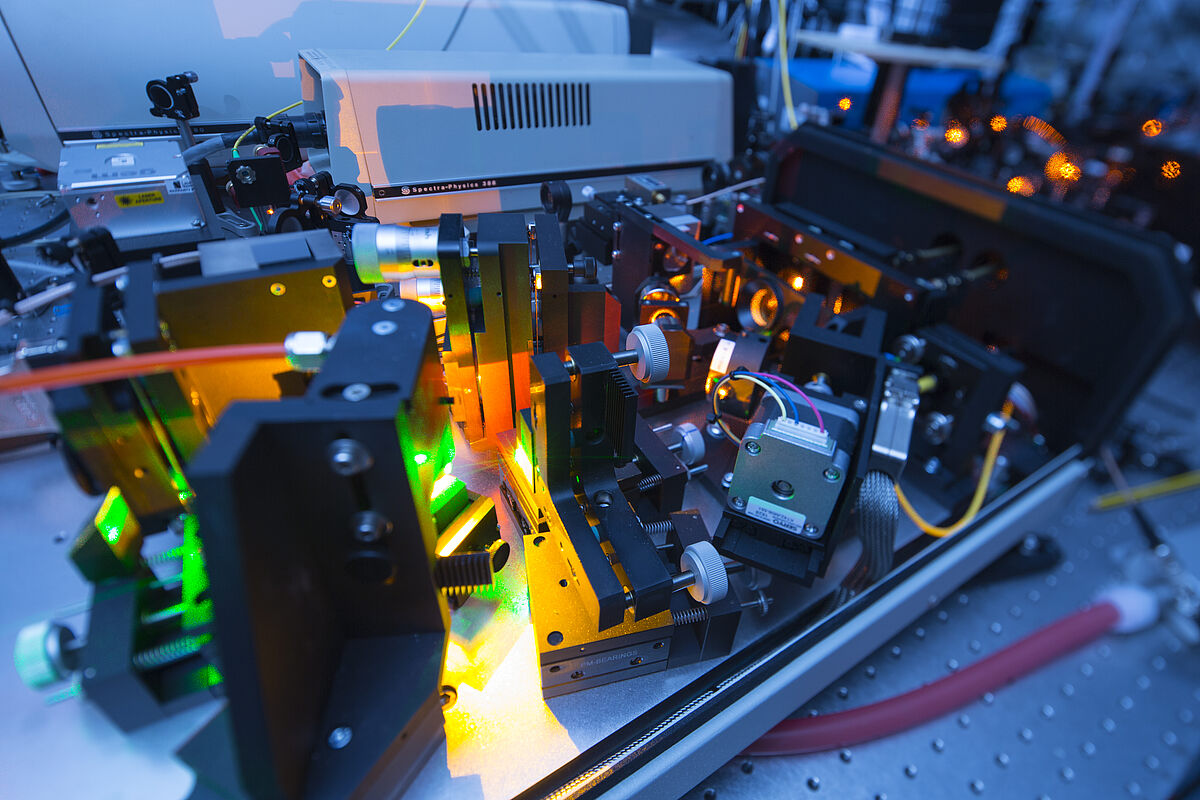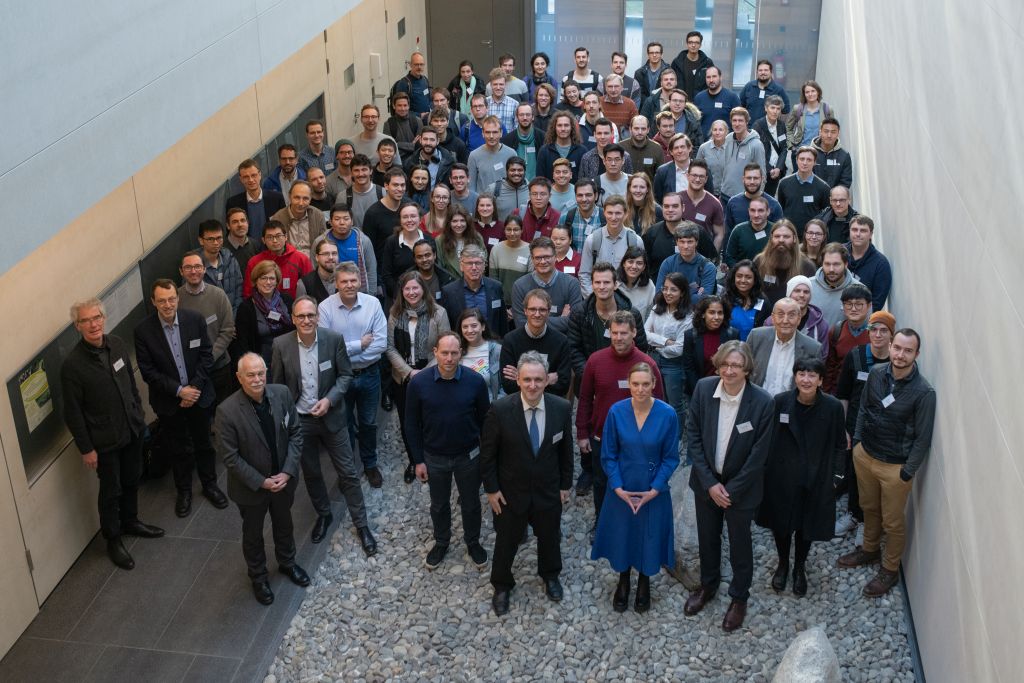New member in the QuantumBW network: AITAD GmbH
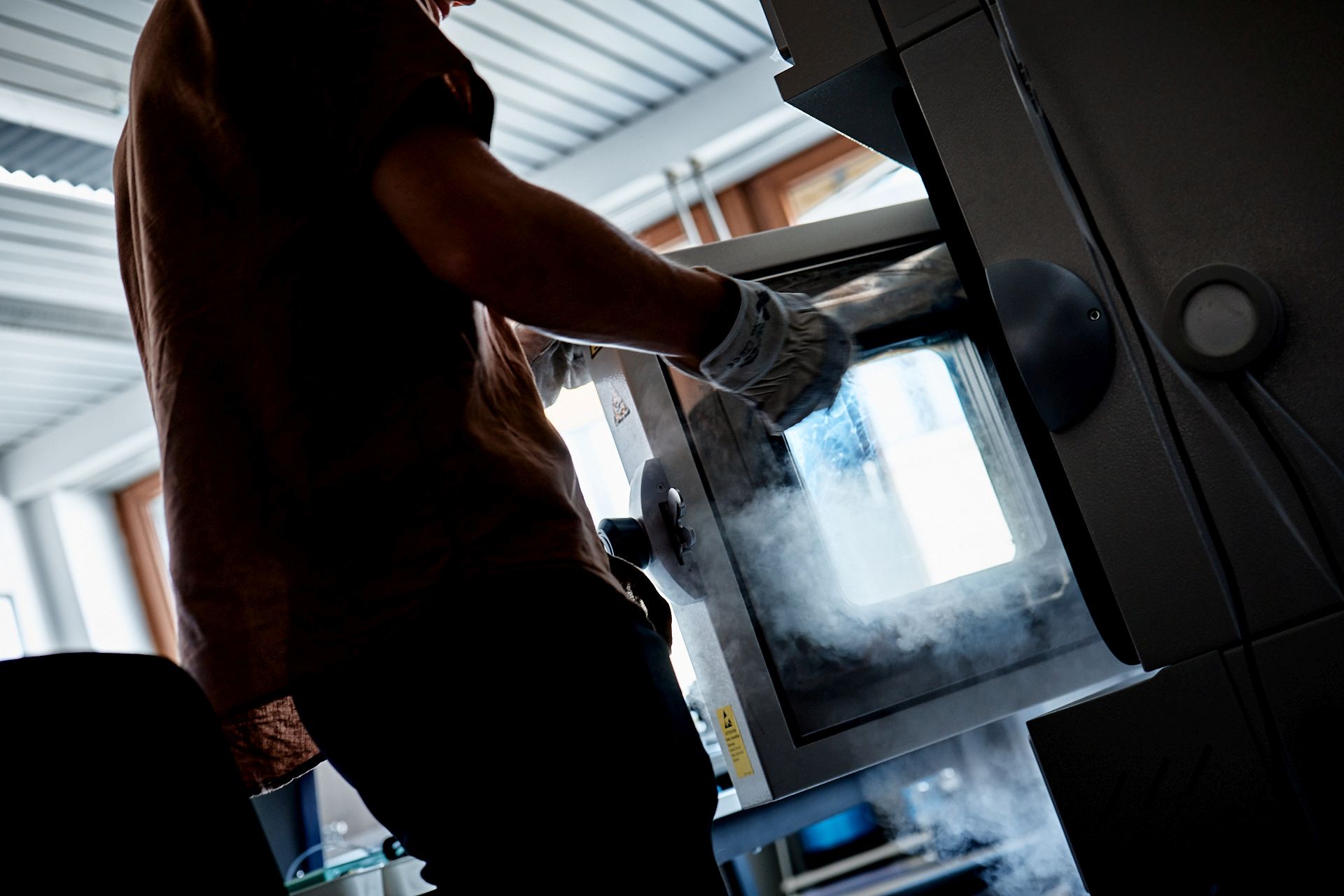
New member in the QuantumBW network: AITAD GmbH
12/10/2024 – The QuantumBW ecosystem is growing
New member in the QuantumBW network: AITAD GmbH
In addition, the proximity to the application enables special opportunities for the validation of QuantumBW partner technologies for quantum sensing and quantum AI, which are an important building block for developing even more efficient and high-performance system components and ultimately bringing the technologies into application.
“The overarching commitment to the selected network with targeted and funded projects will certainly have a lasting impact on the local economic strength in a dozen years’ time. We are grateful and delighted to have been accepted into the QuantumBW network and see this as a strategically important social commitment,” explains Viacheslav Gromov, founder and managing partner of AITAD GmbH.
QuantumBW is a modern and courageous project of the research institutions and companies in Baden-Württemberg, which does justice to the decentralized economic and competence structure of the state.”
Founder and Managing Partner
AITAD GmbH
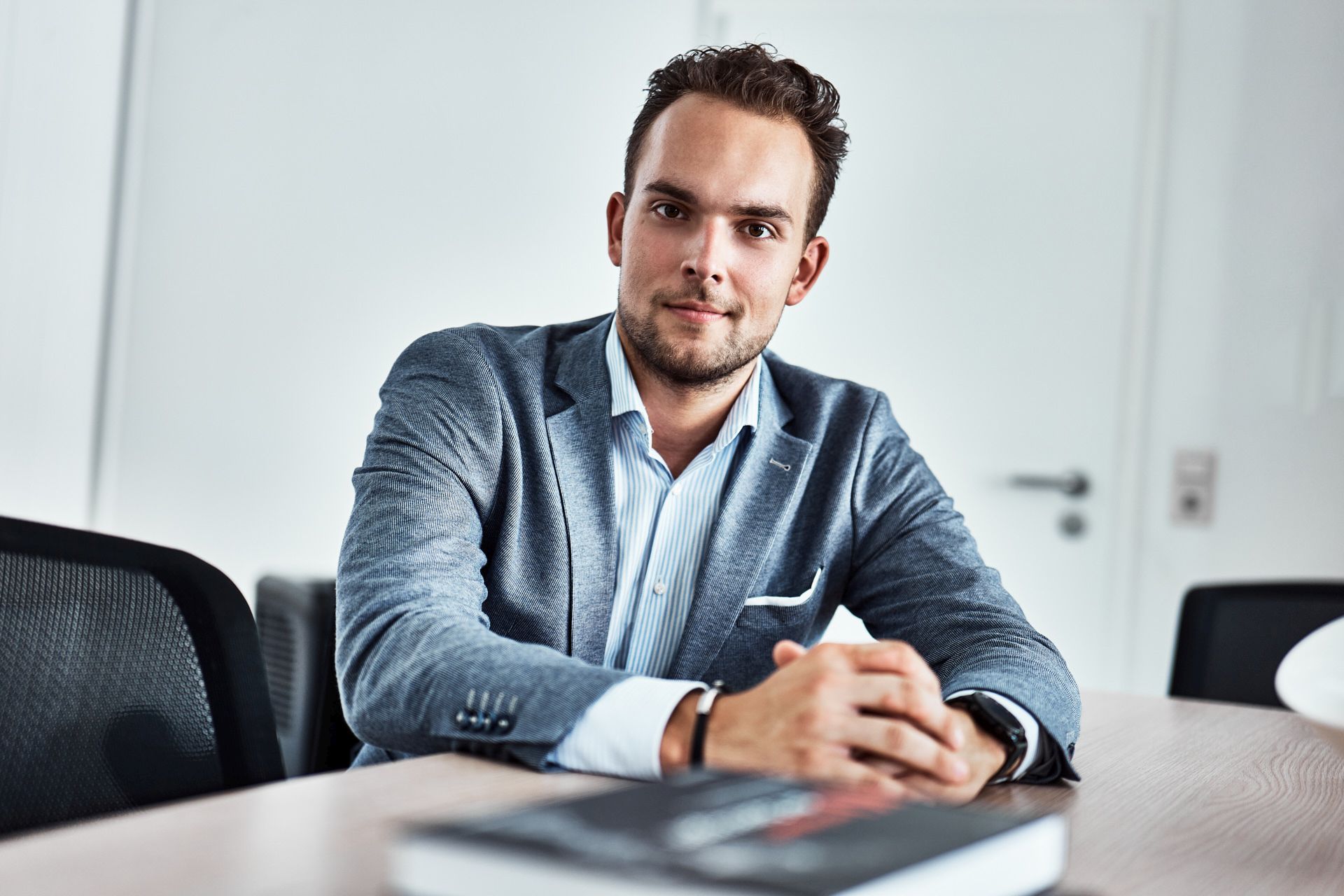
About AITAD
AITAD is a German embedded AI provider with around 30 employees, its own production facility and test hall. The company focuses on the development, testing and series production of AI electronics systems, particularly in connection with machine learning in an industrial context (especially system components). As a development partner, AITAD takes over the entire process from data collection to development and delivery of the system components. This allows innovative adaptations to be made to the product without the need for expertise and only a few resources on the part of the customer. The focus is on future-oriented, disruptive, innovative adaptations with the greatest possible impact on structures and product strategies.
AITAD acts as an interdisciplinary full-stack provider in the fields of data science, mechanical engineering and embedded hardware and software. AITAD also conducts internal and external research into numerous algorithmic and semiconductor fundamentals of AI technology. In 2023, AITAD received the “embedded award” against “AWS” and “AMD” in the AI category, the Top100 Innovation Award for medium-sized companies and was named AI Champion Baden-Württemberg.
Further Information
